
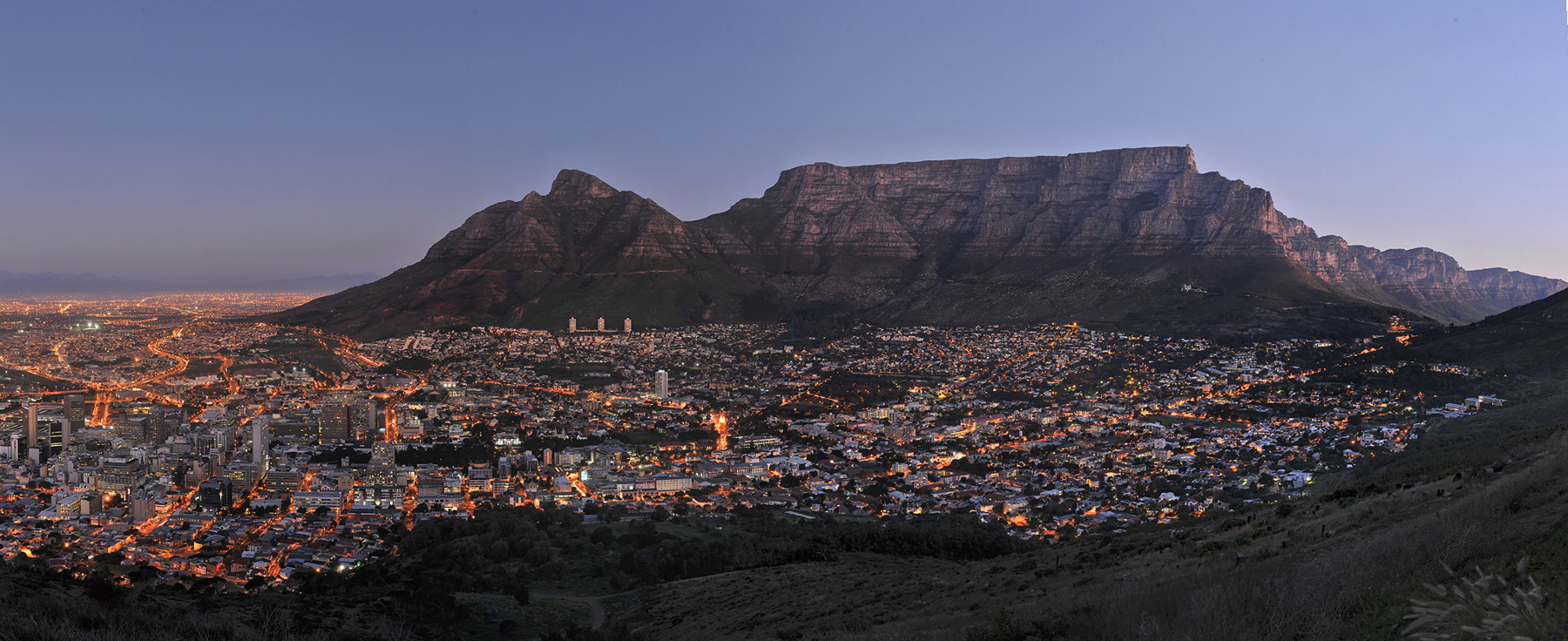
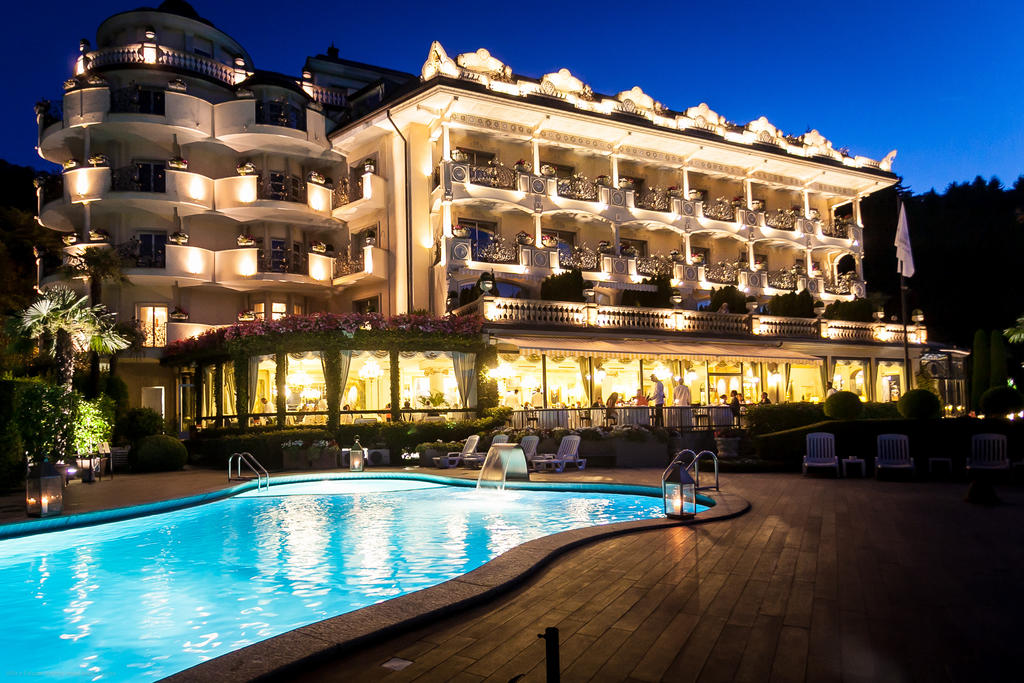
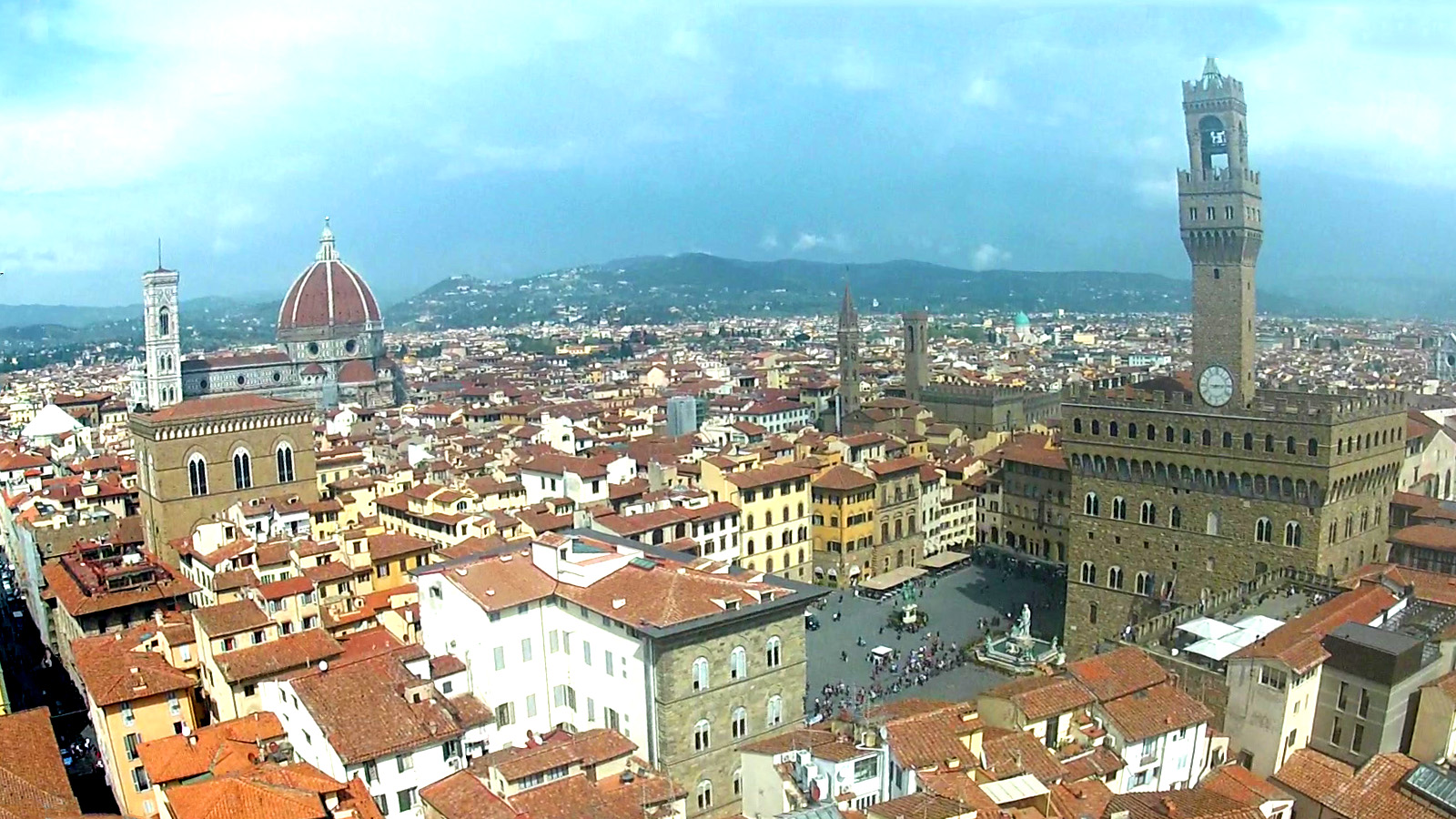

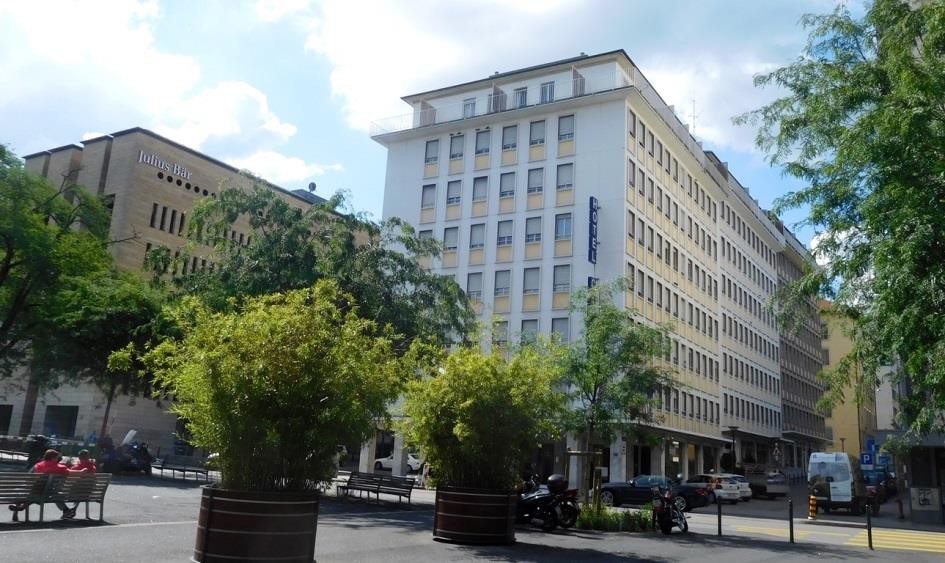
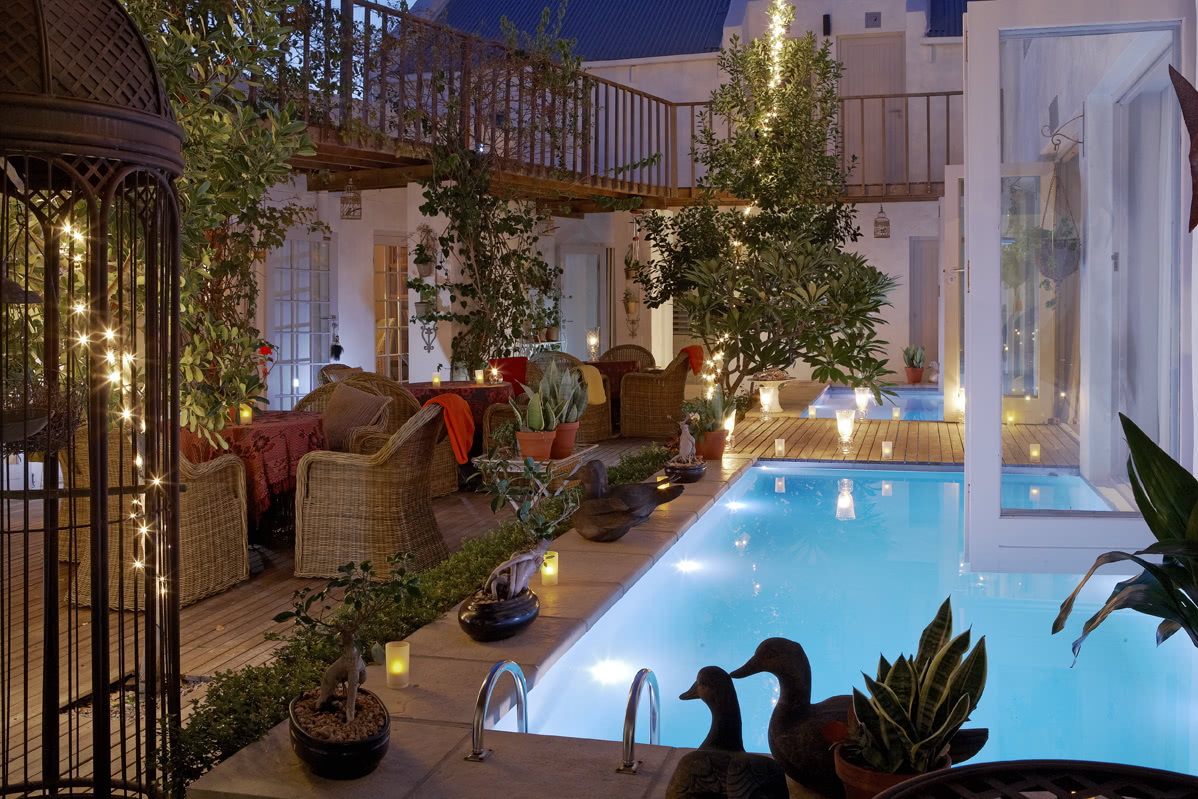
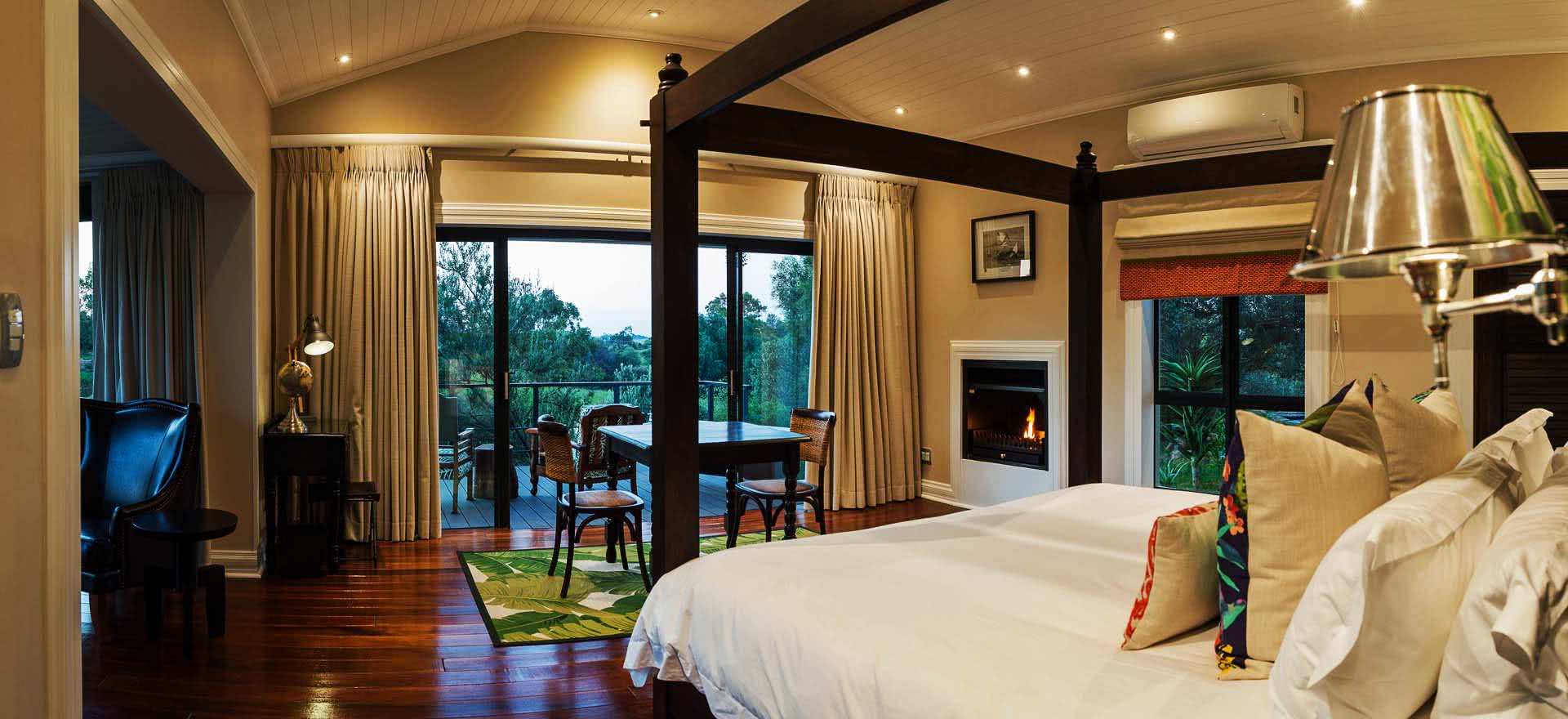
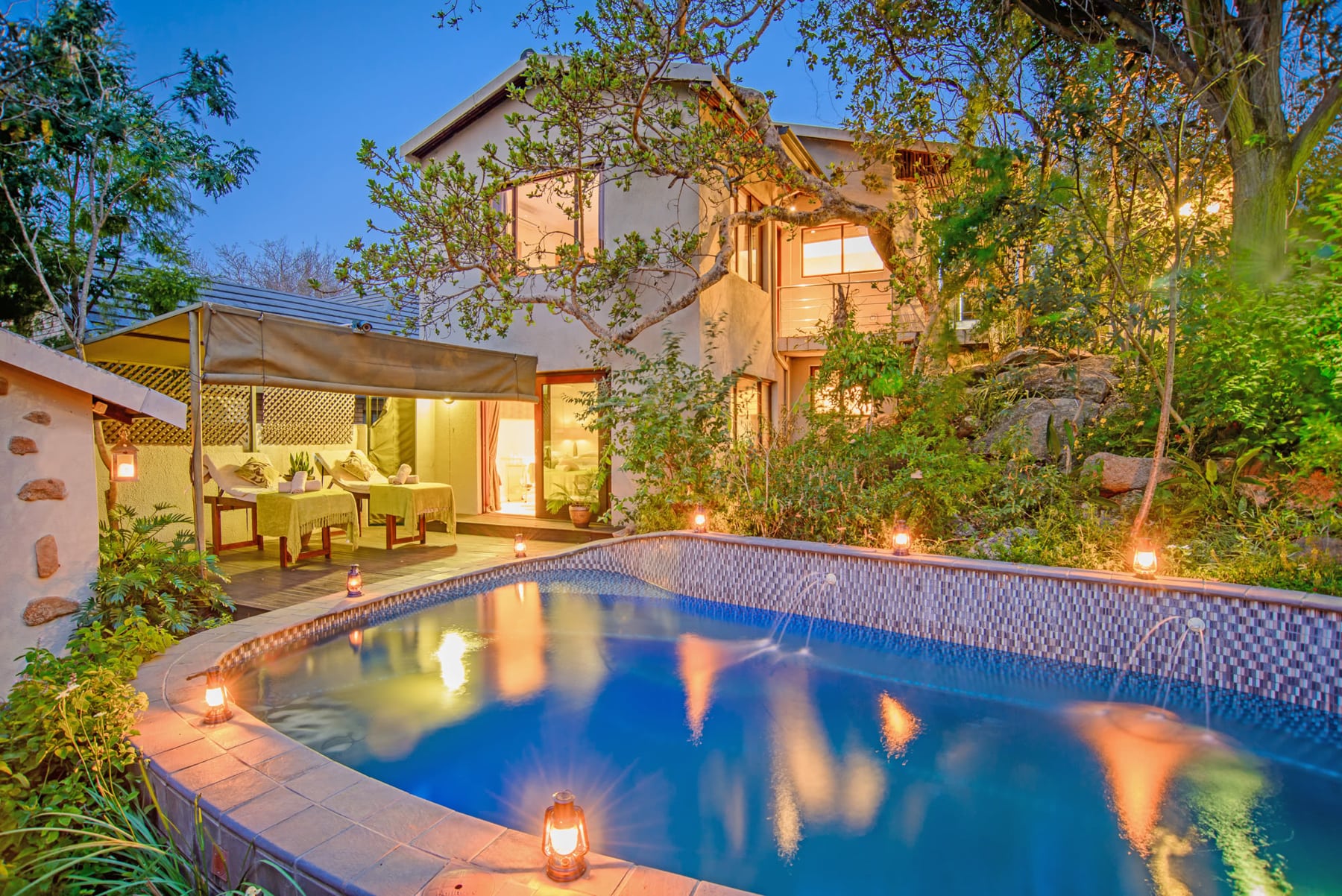

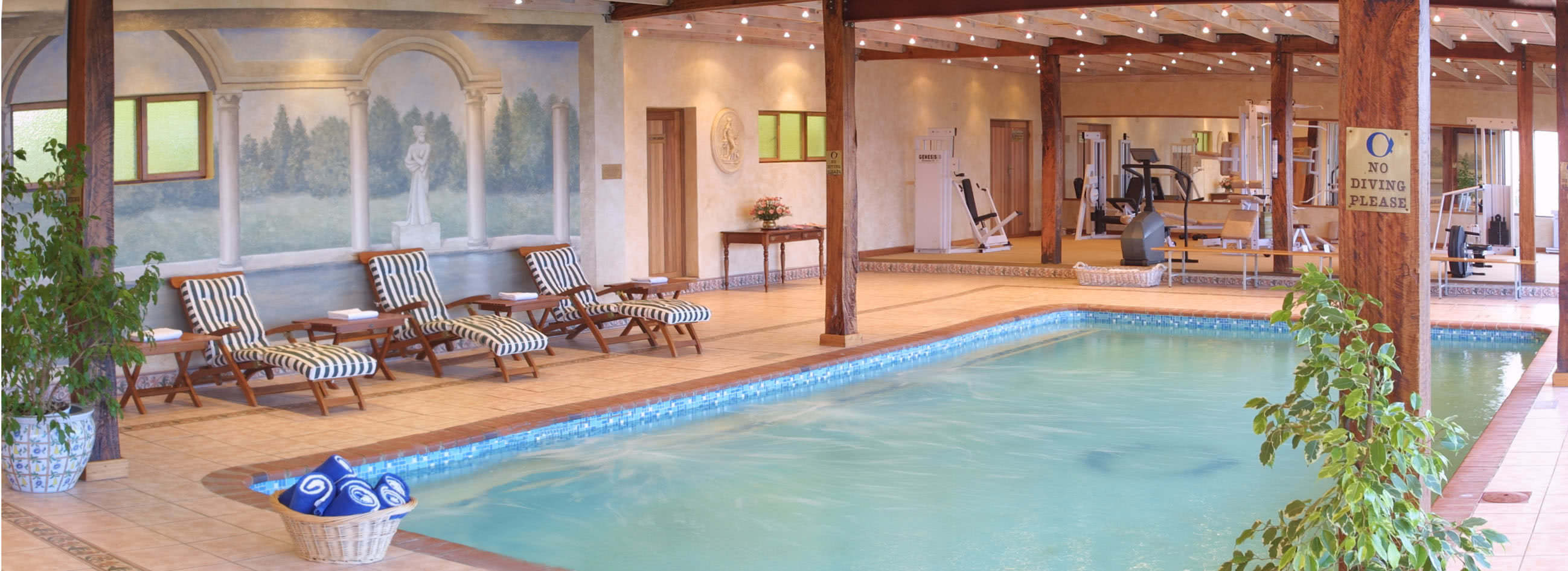
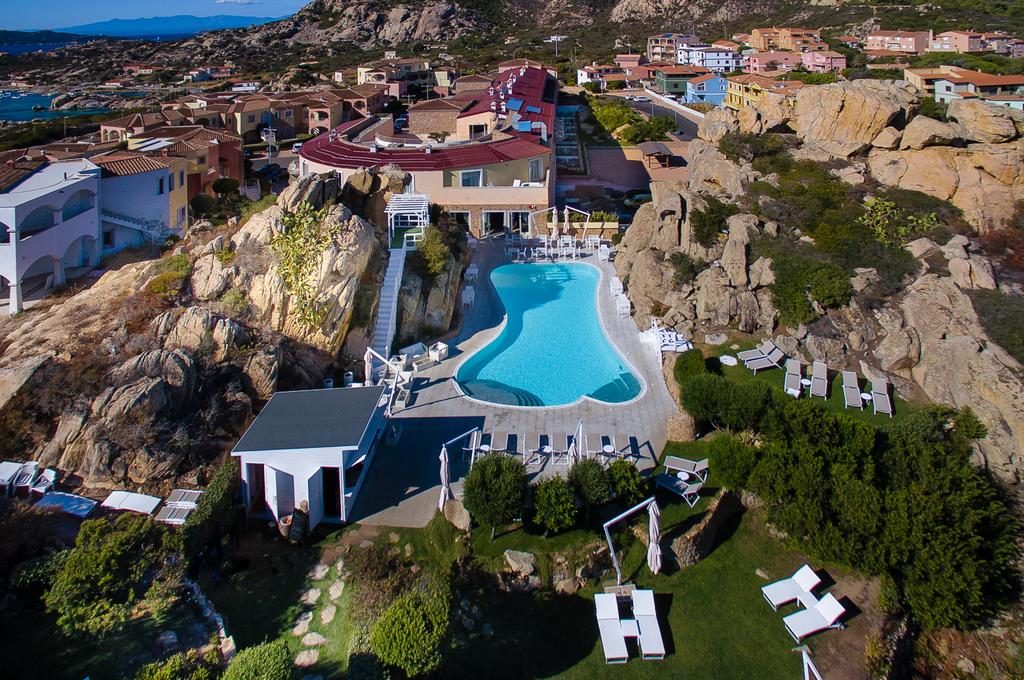
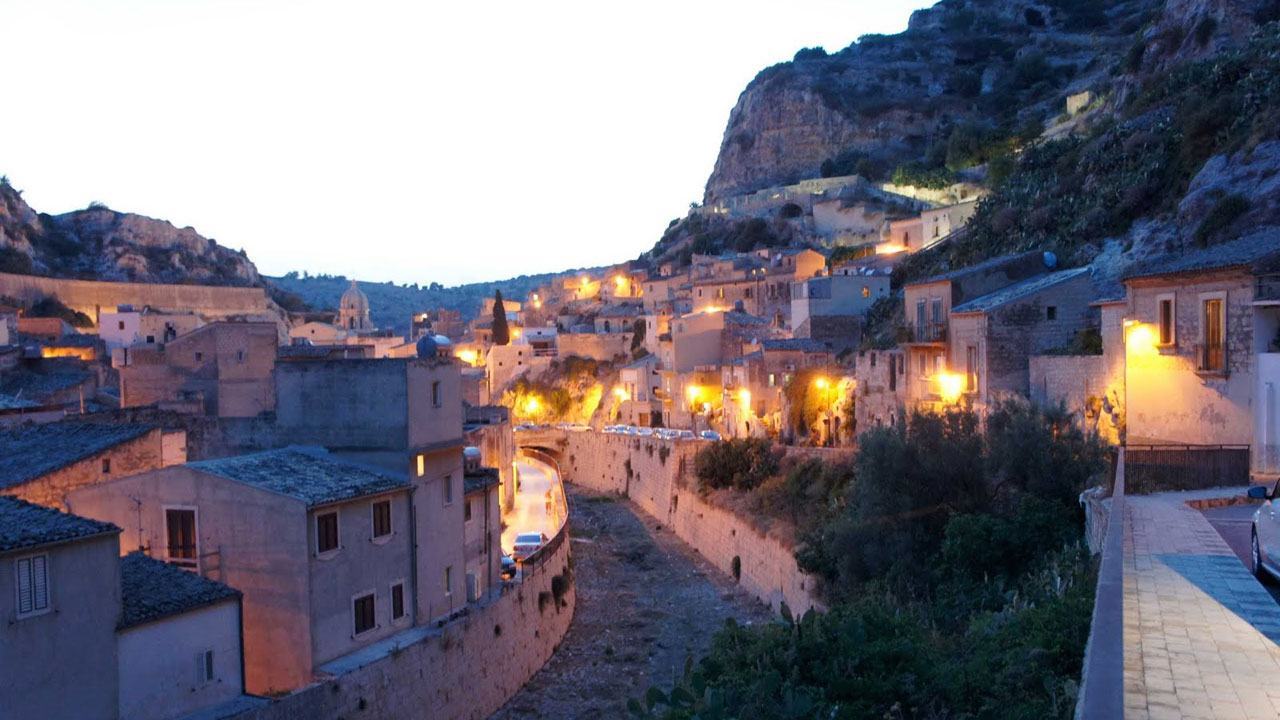
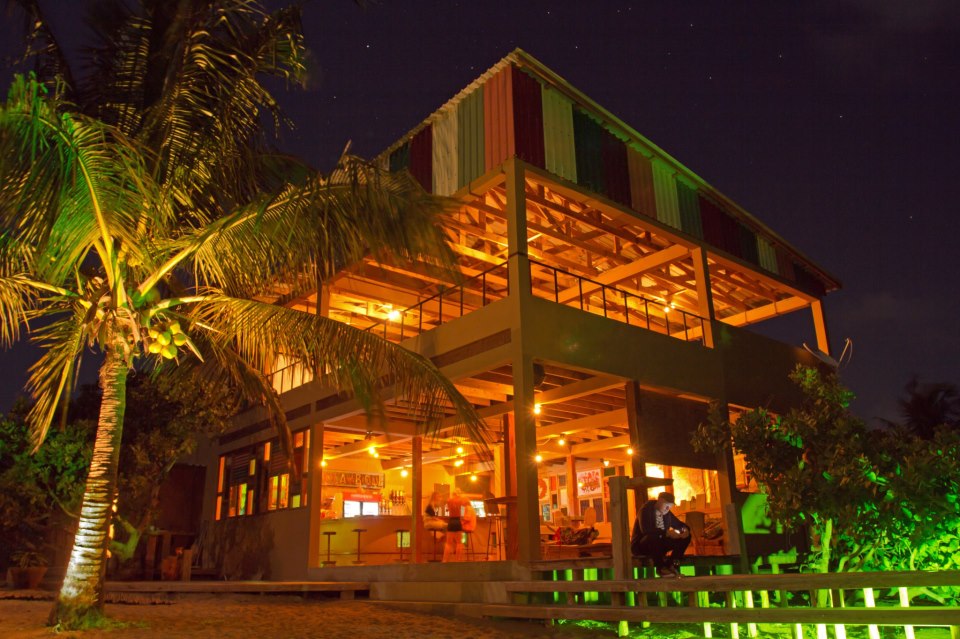
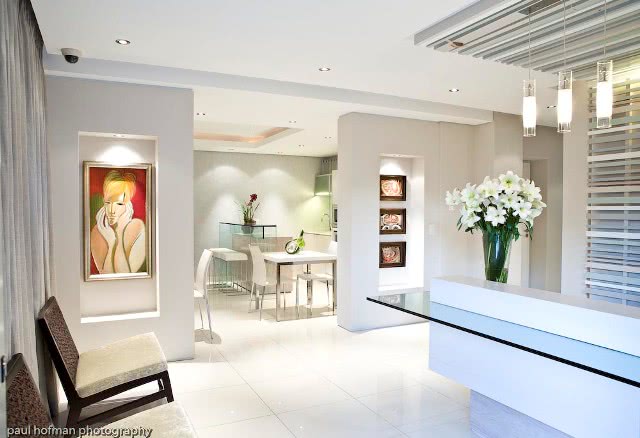
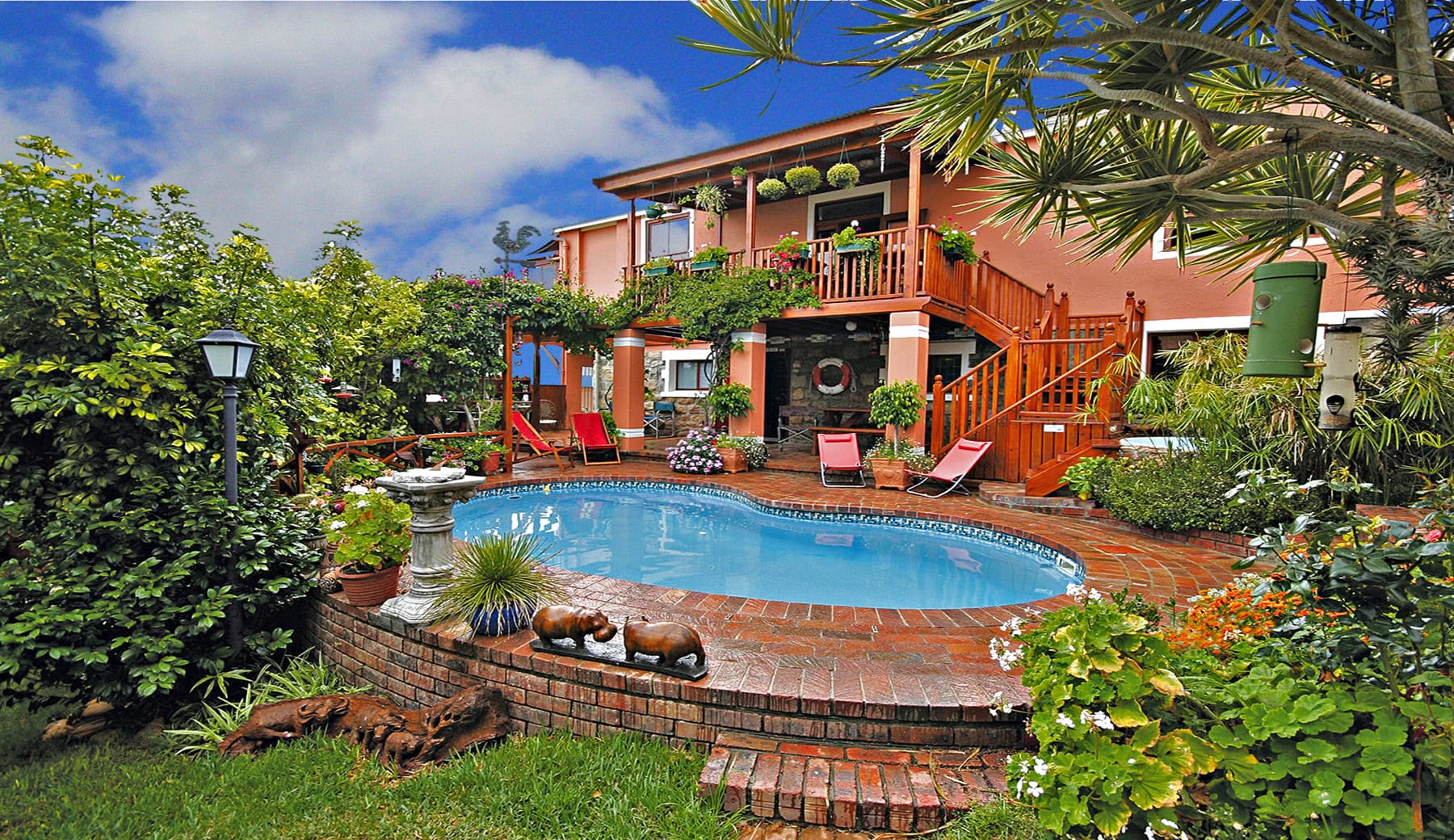
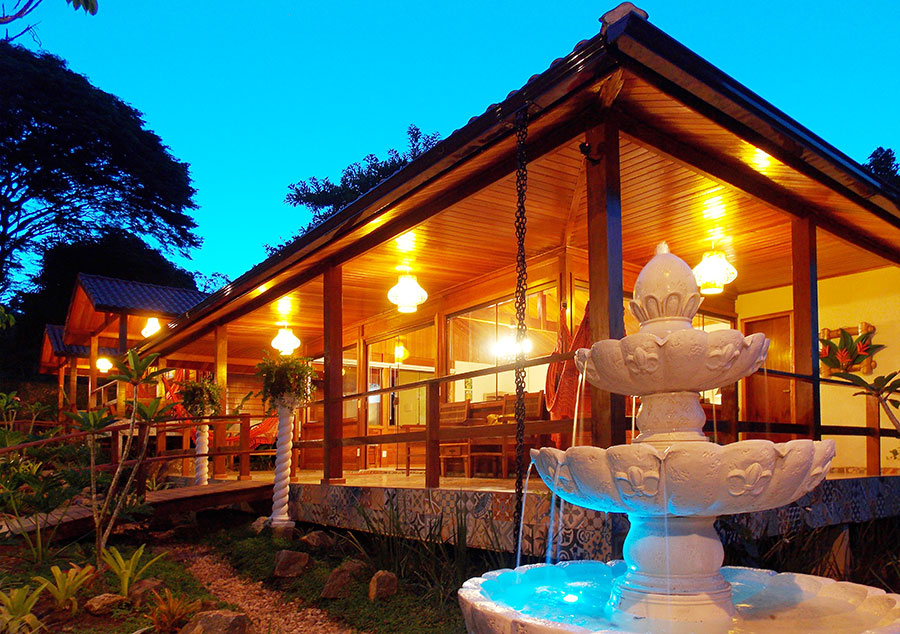
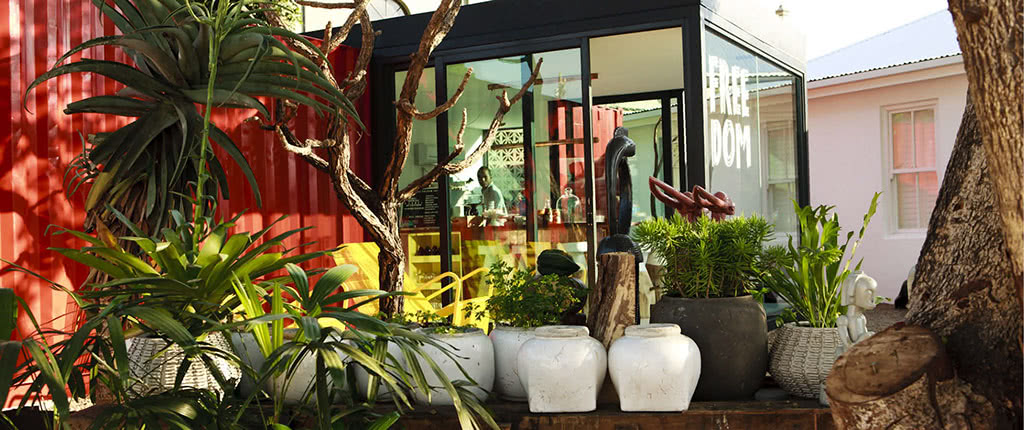
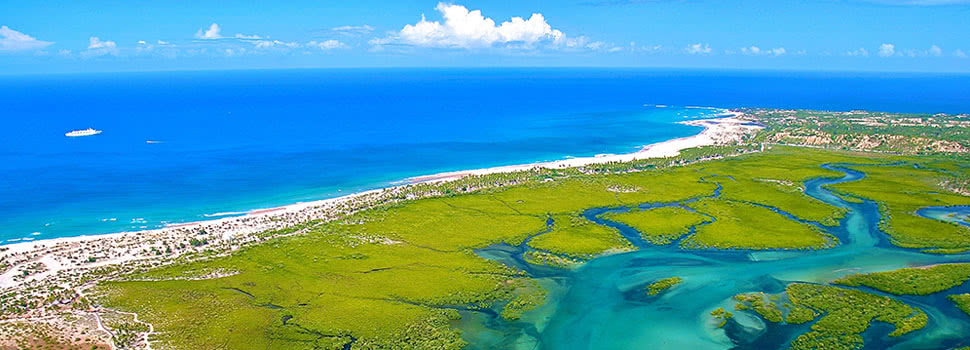
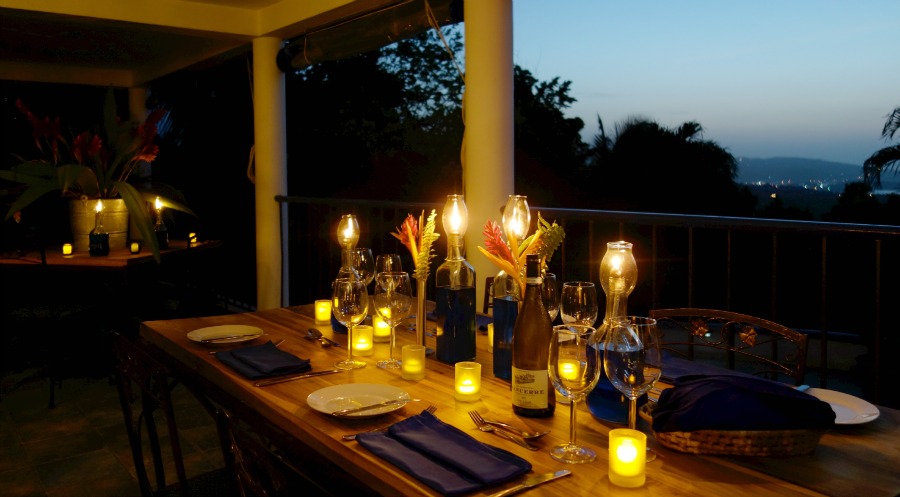
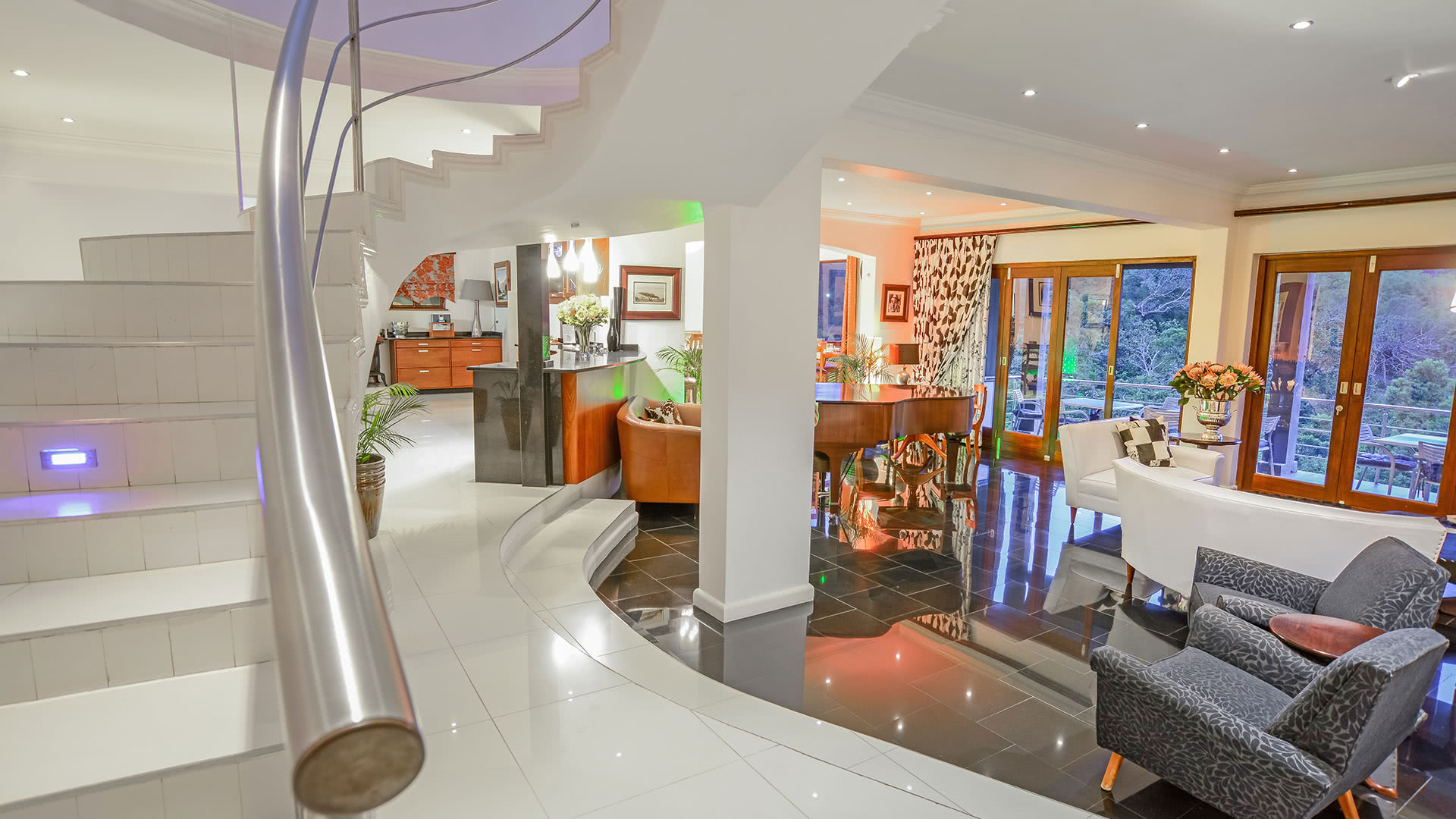
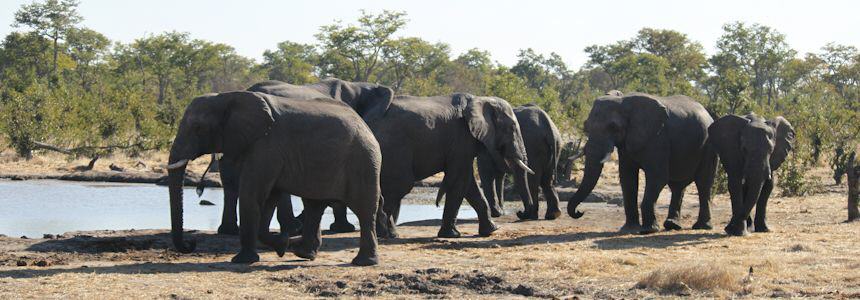
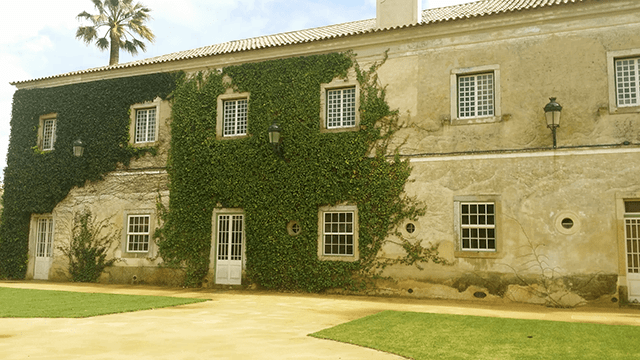
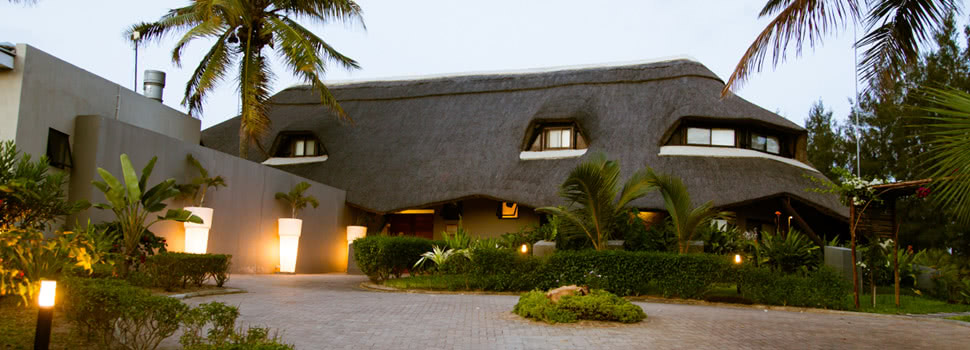
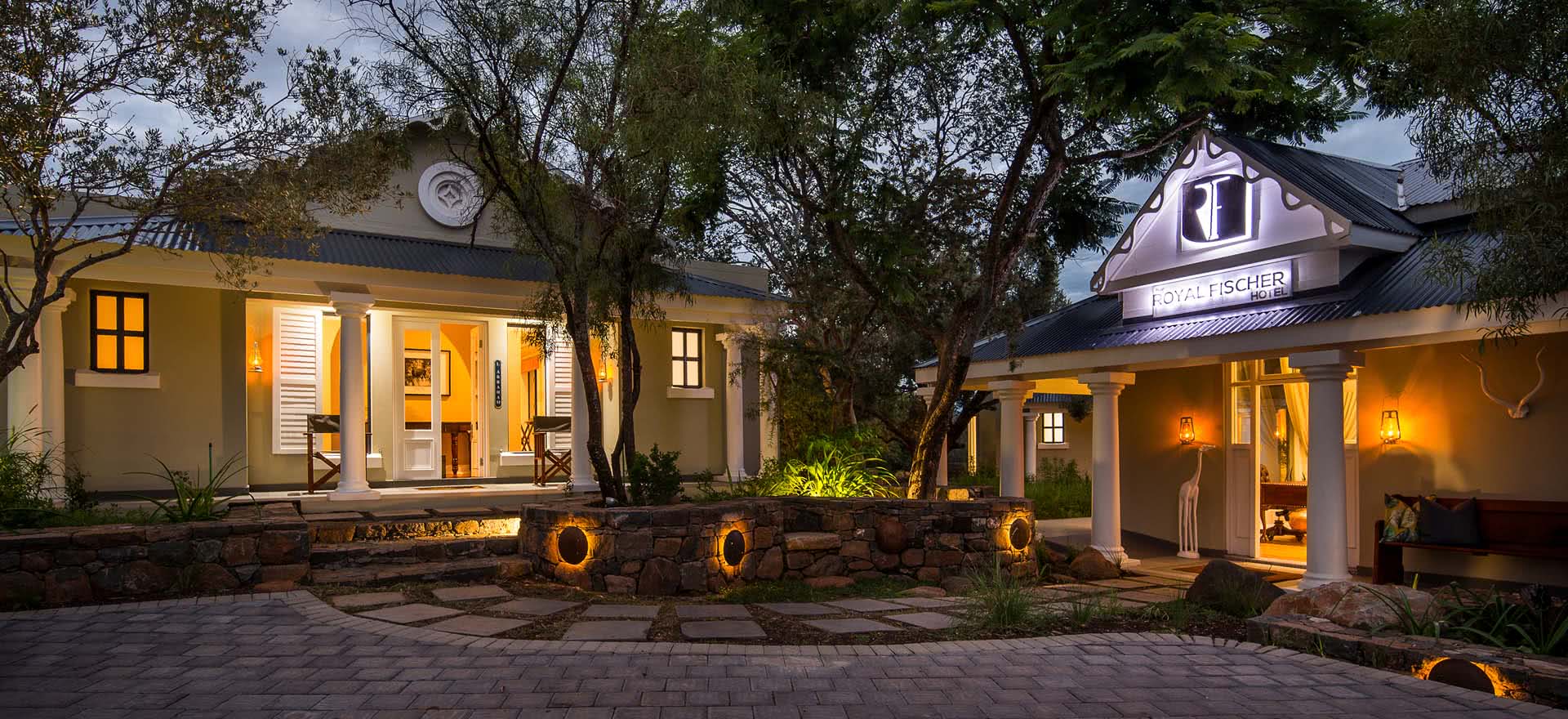
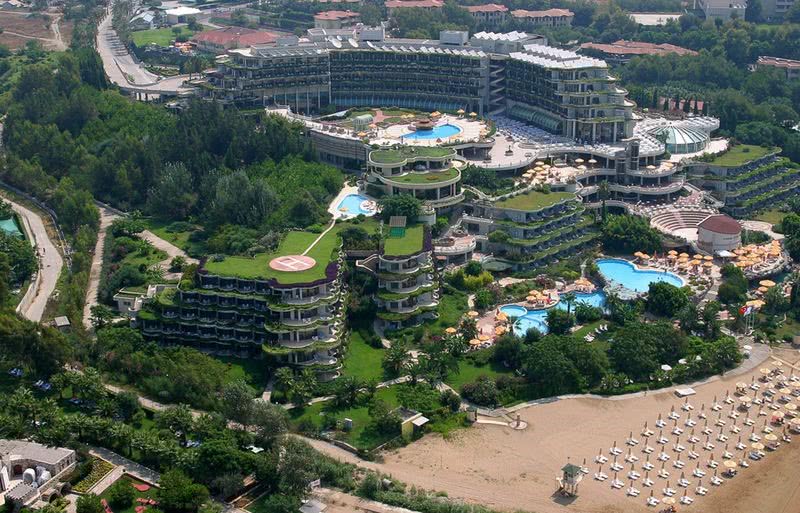
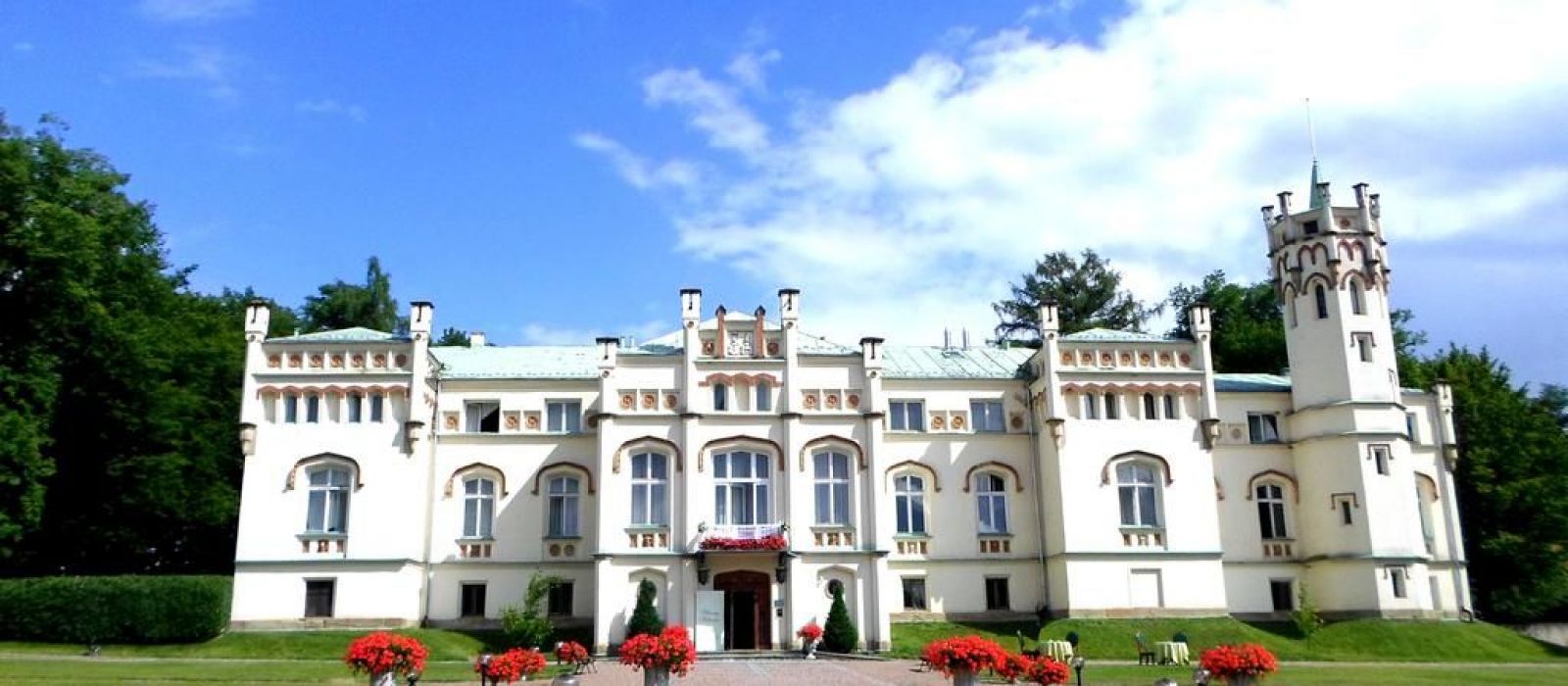
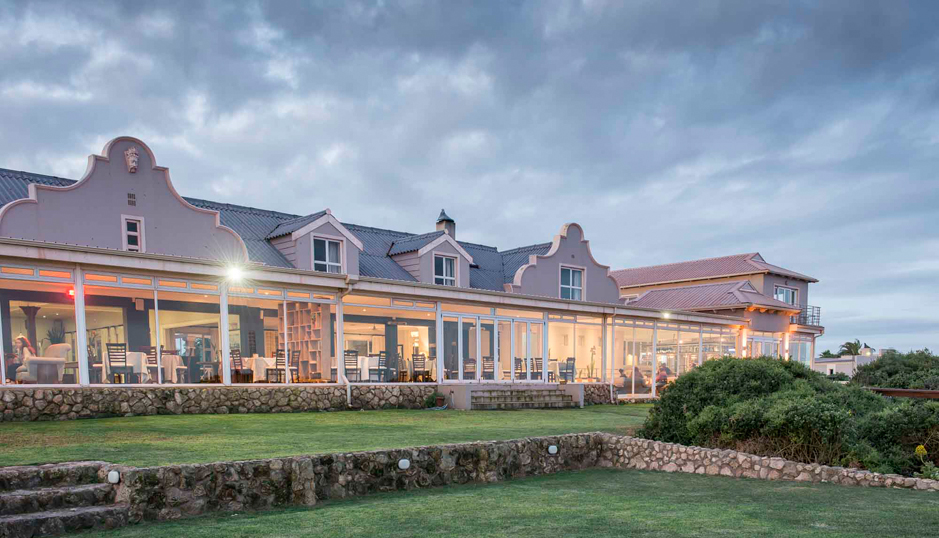
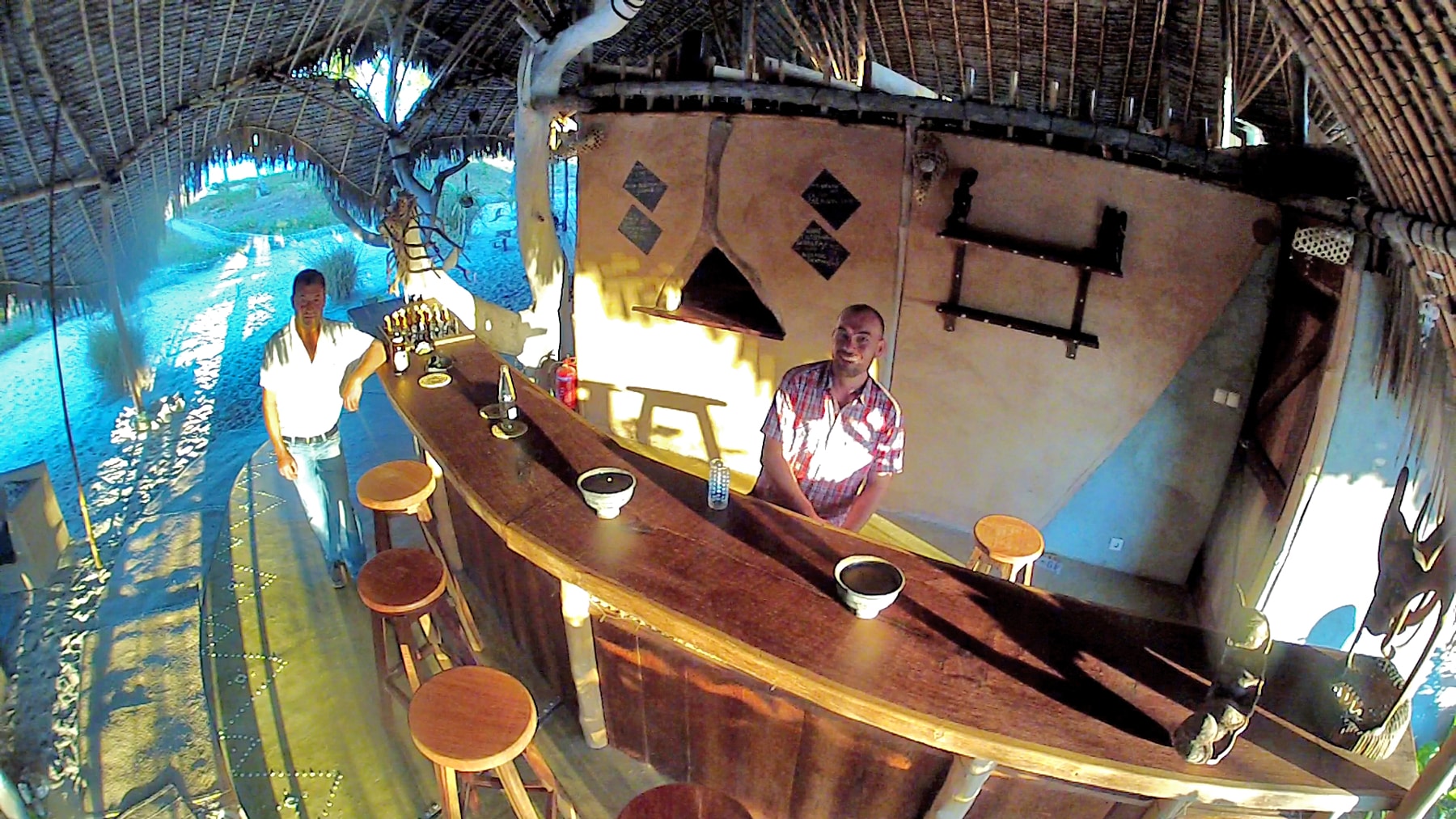
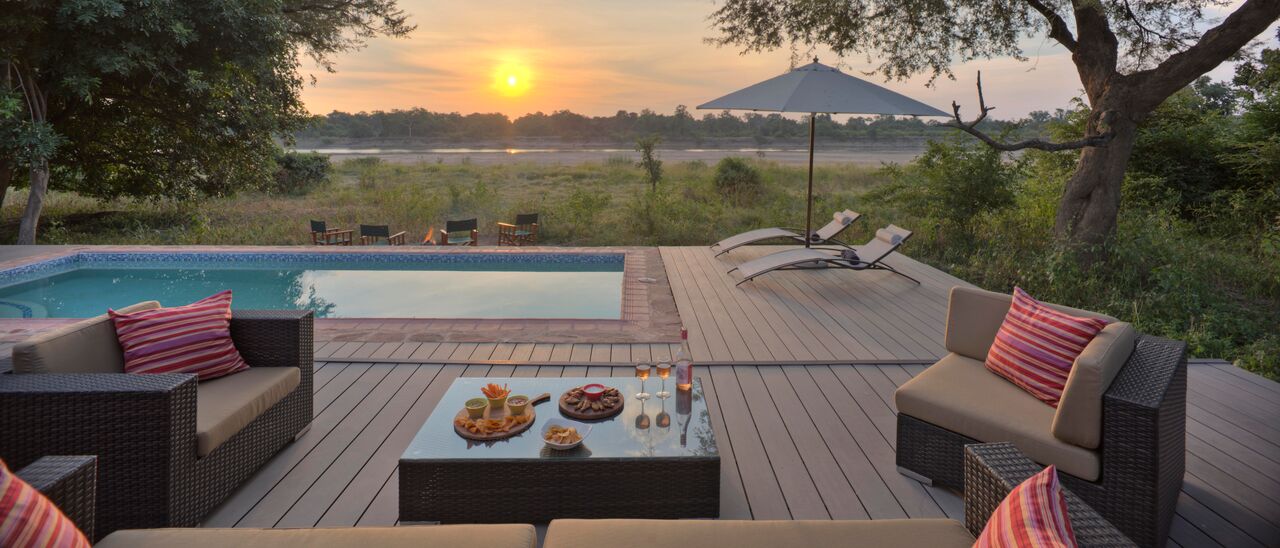
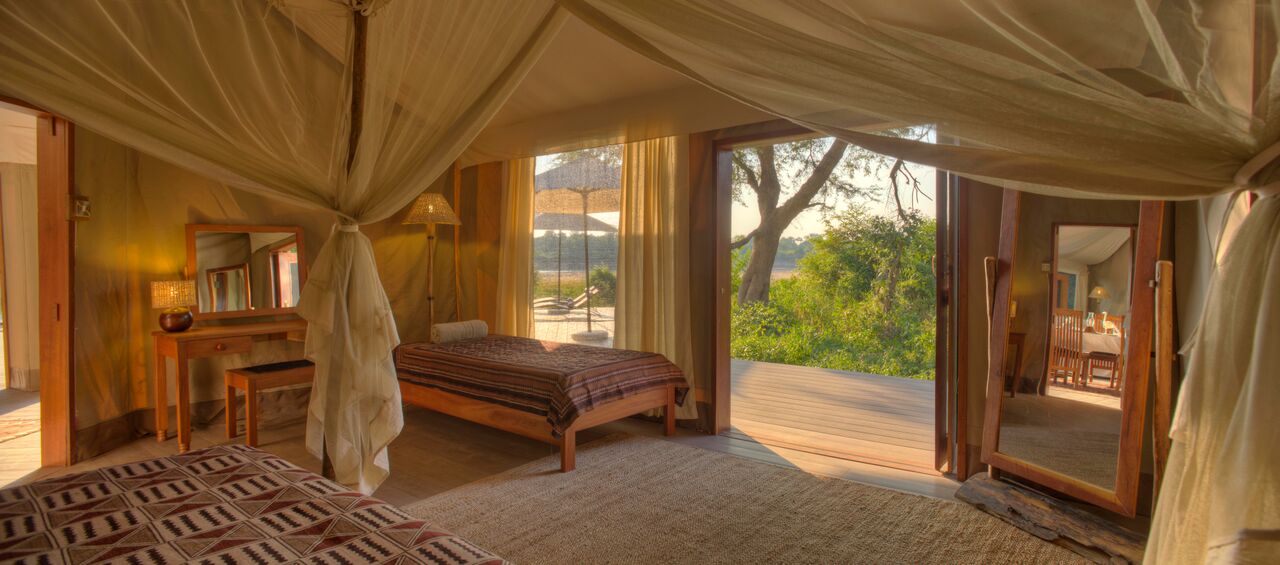
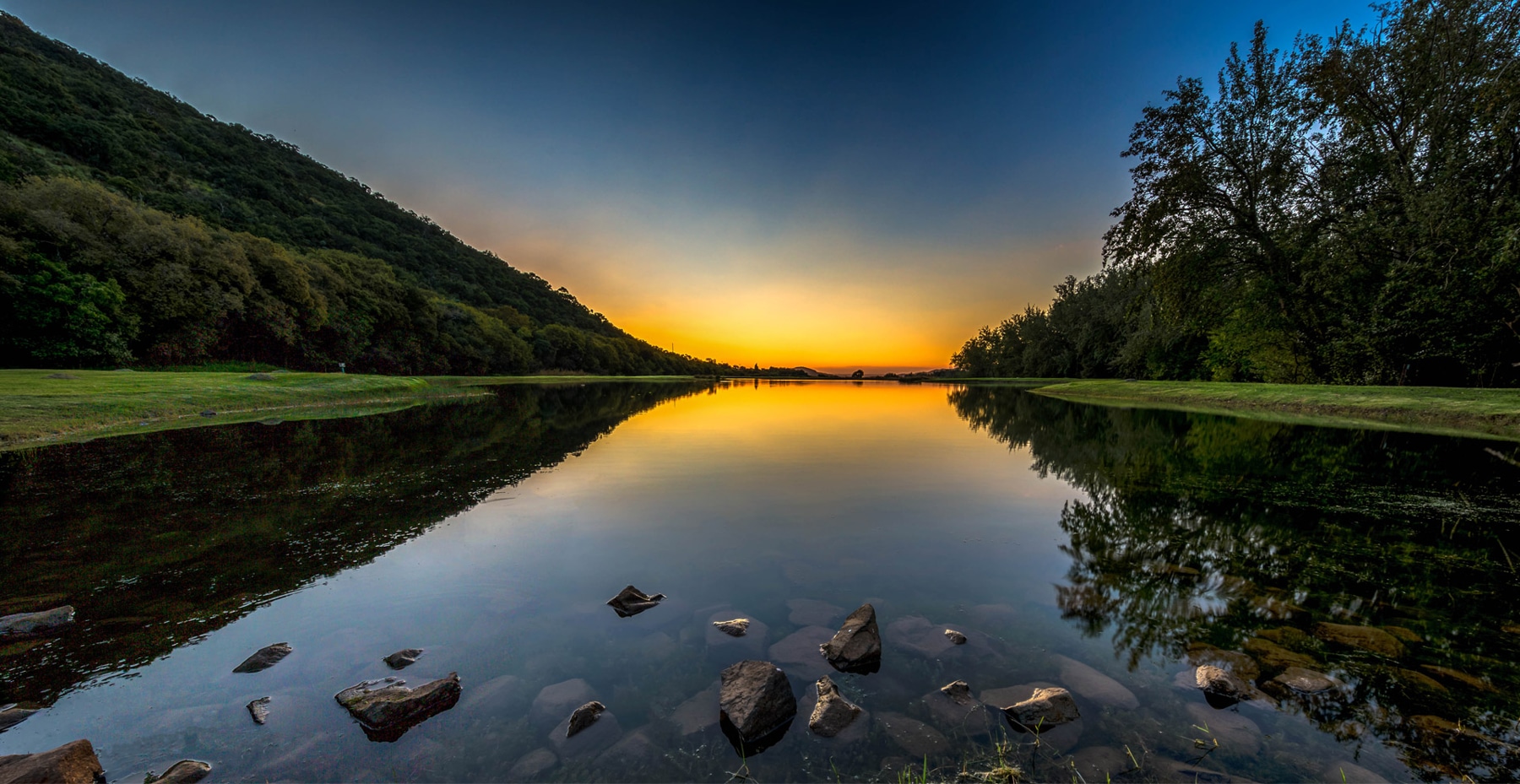
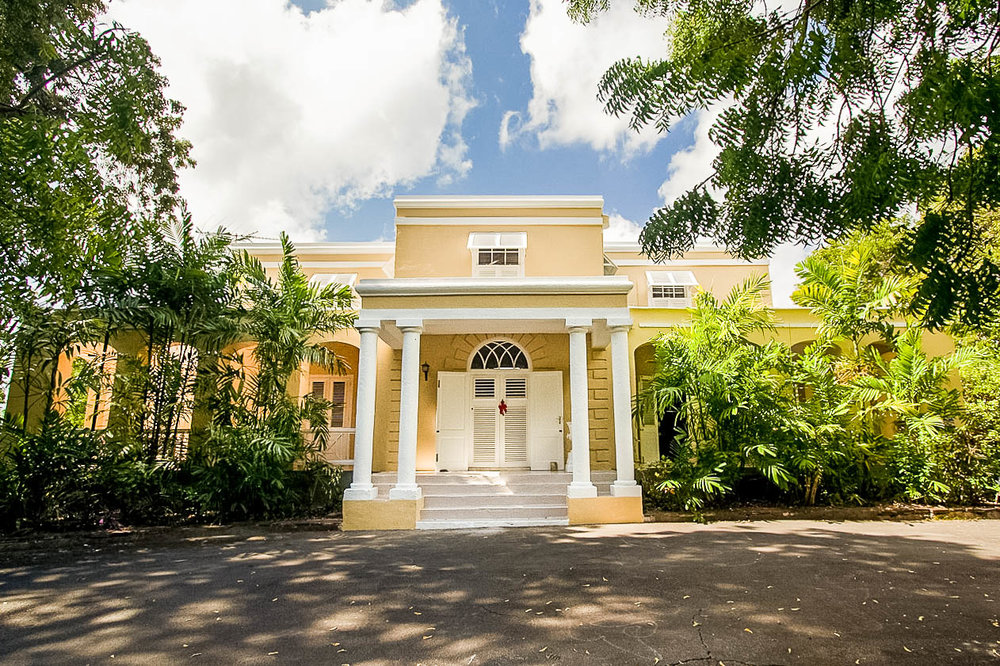
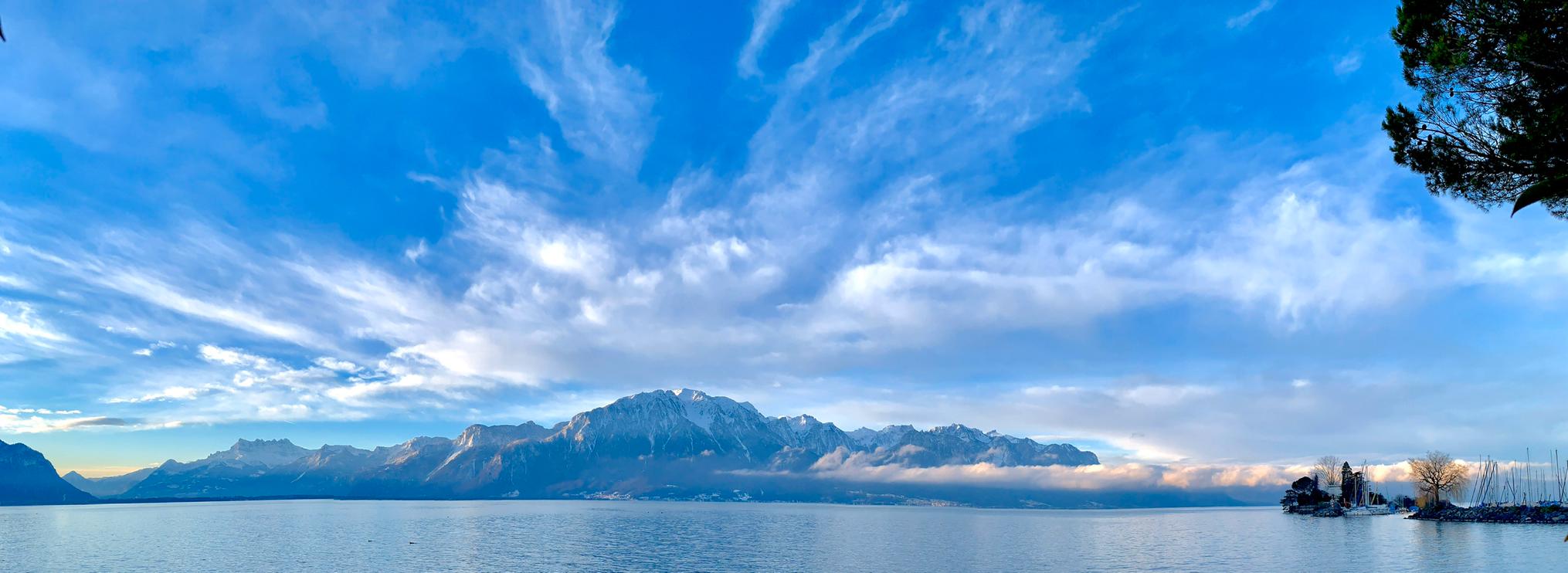
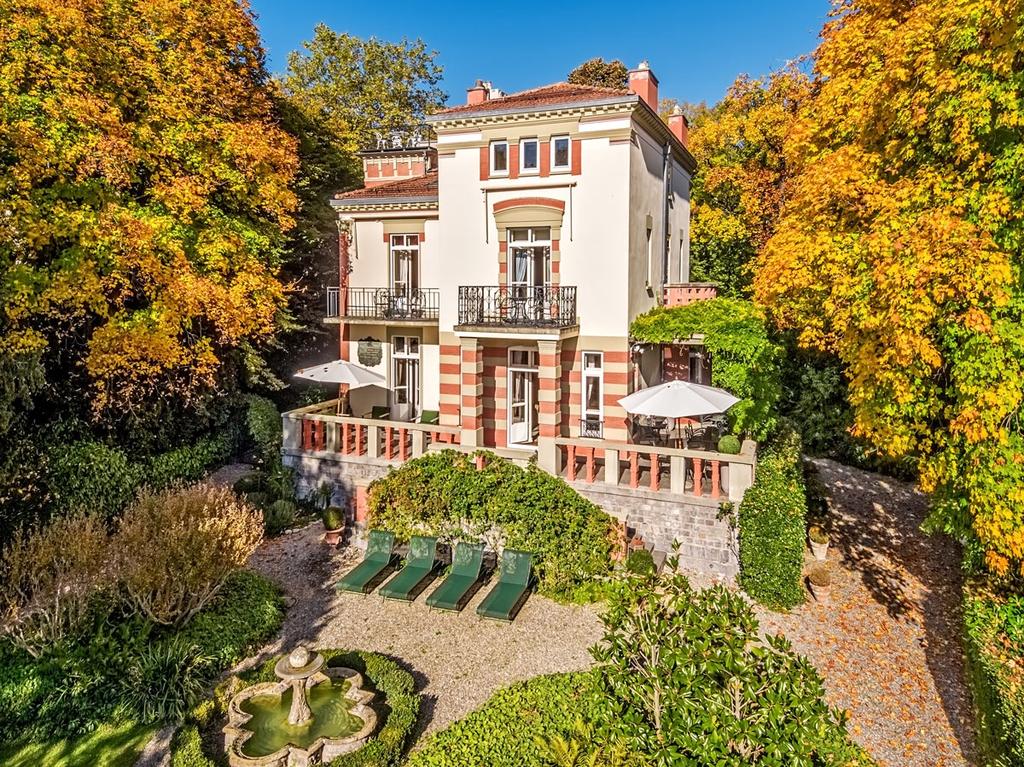
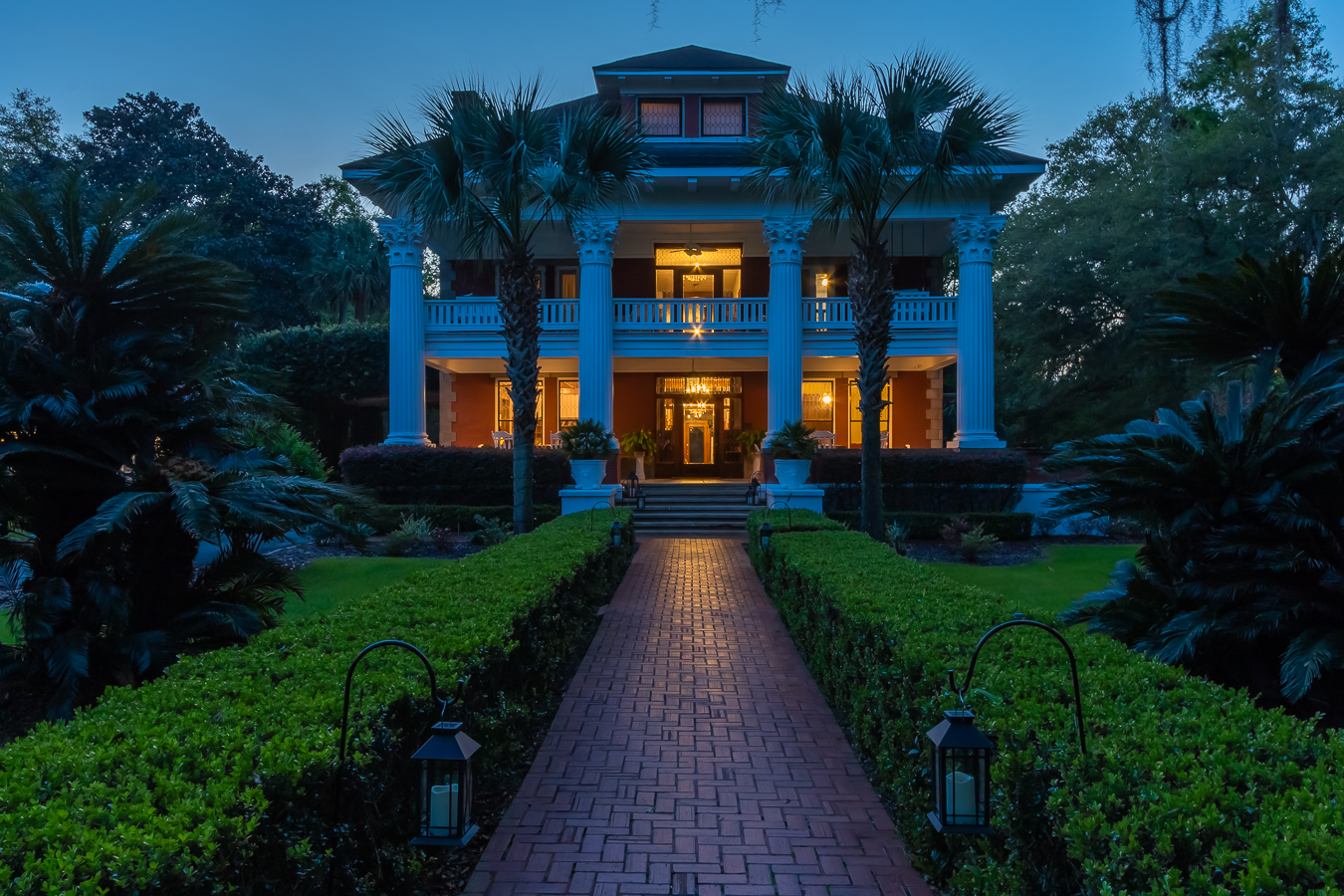
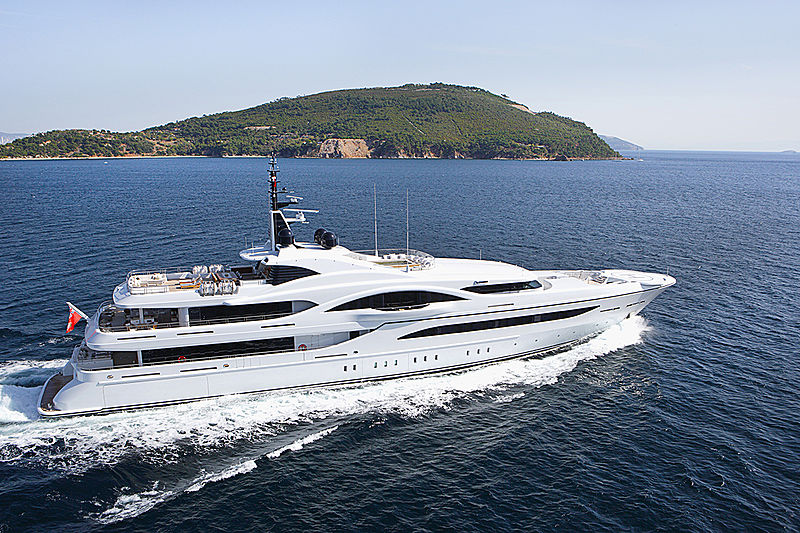
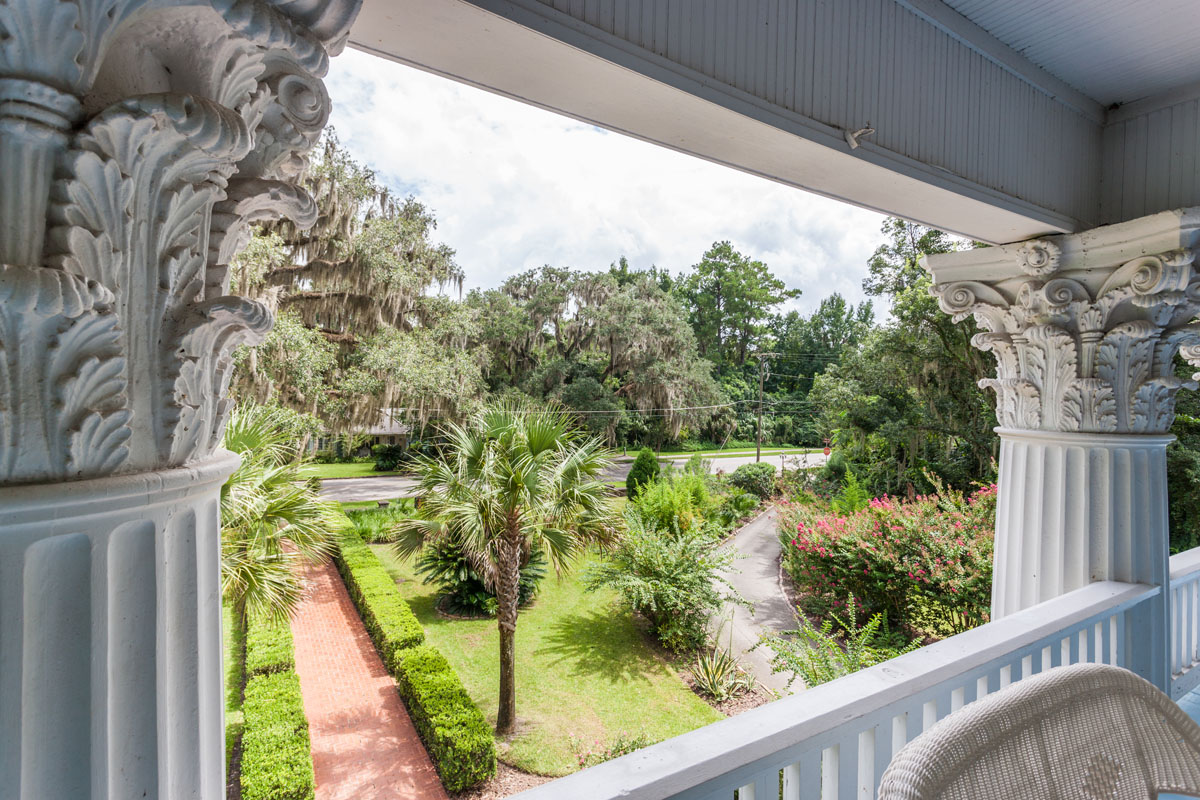
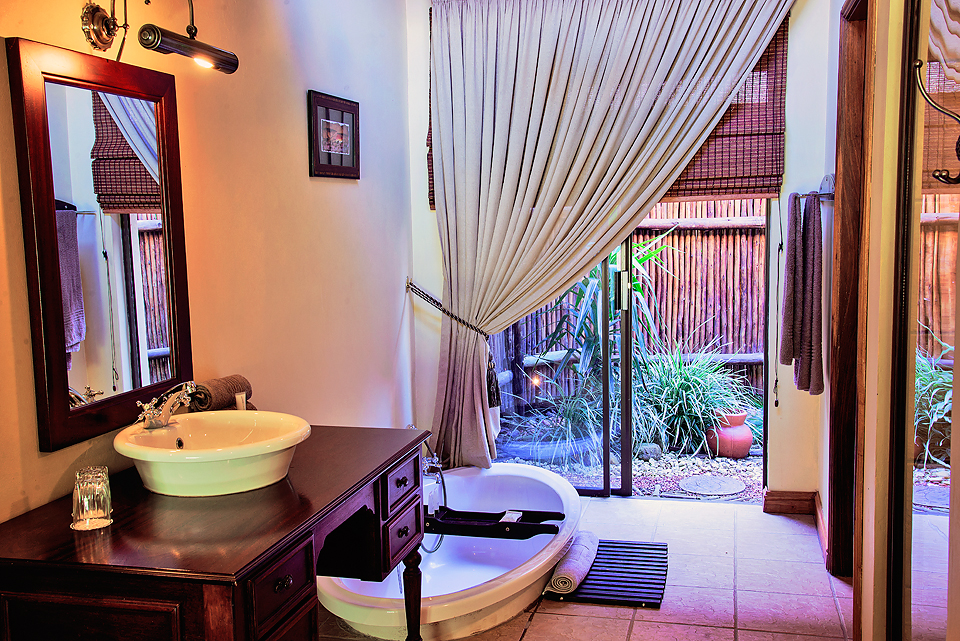
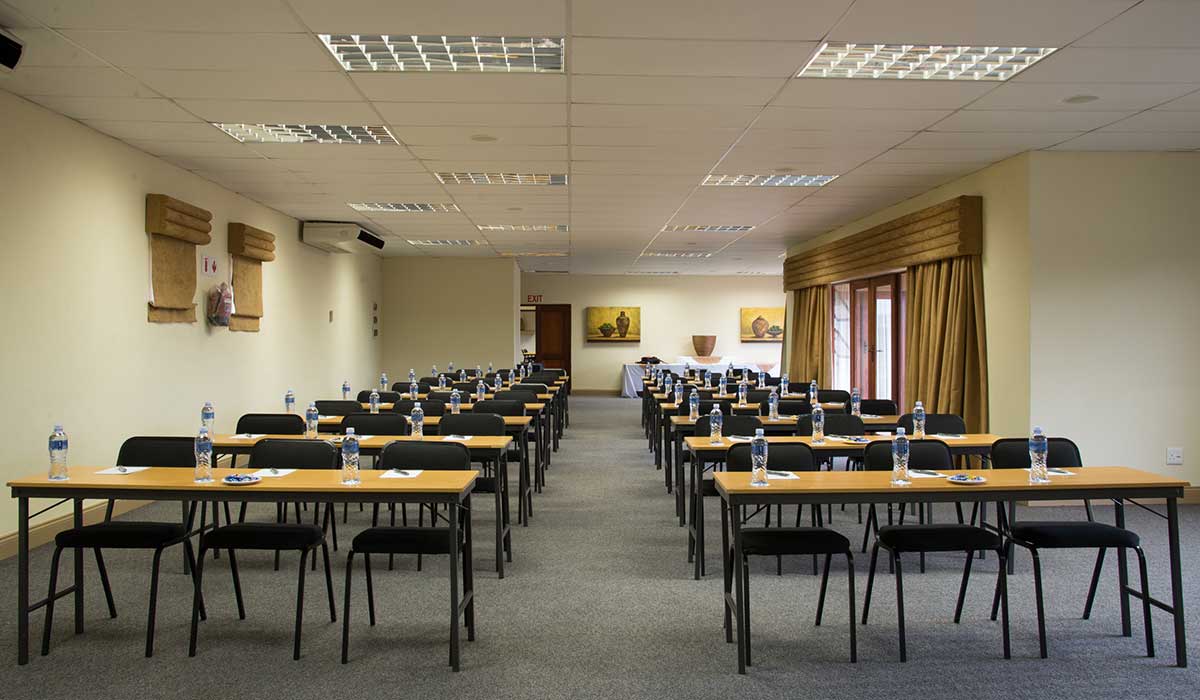
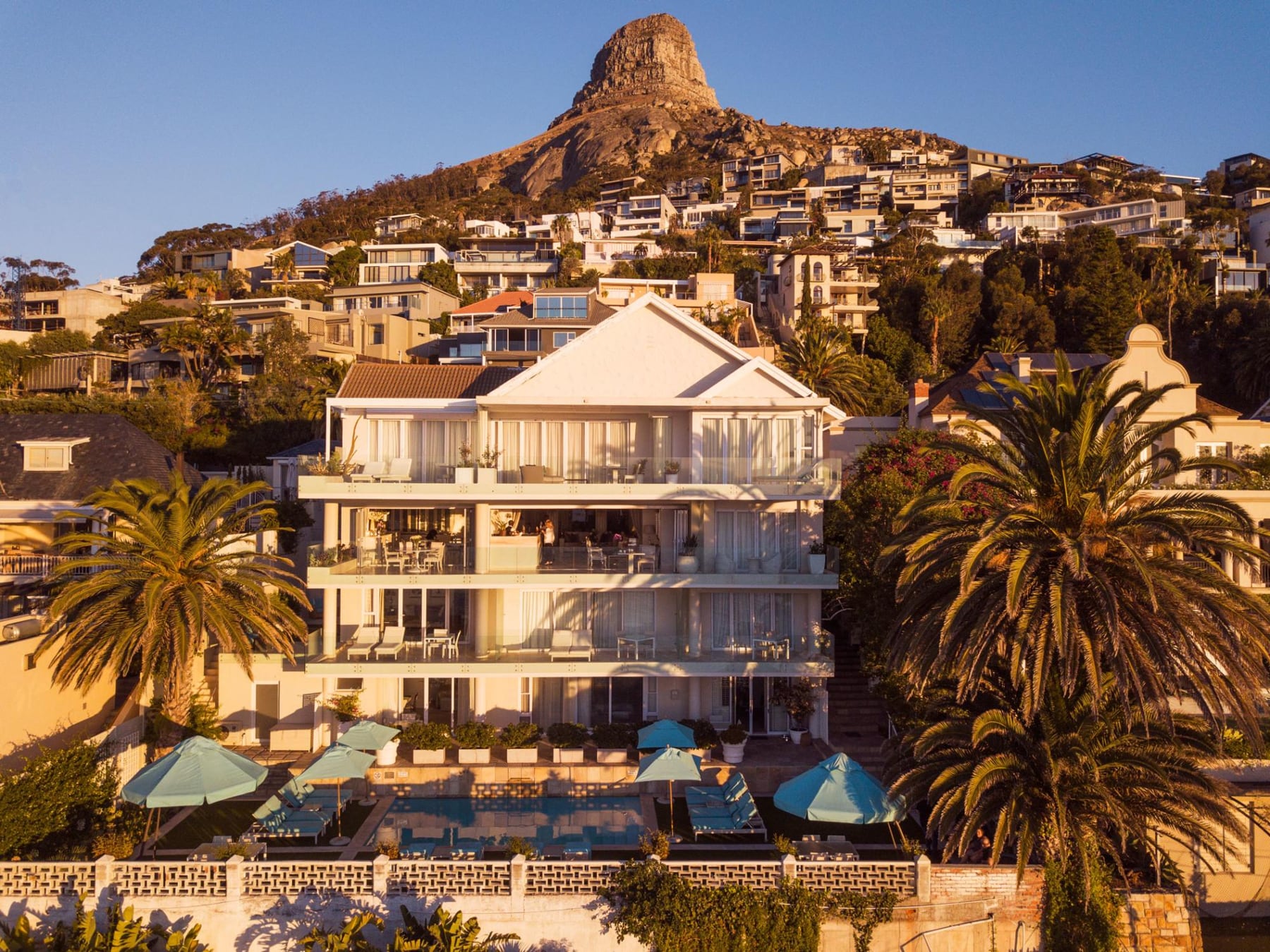
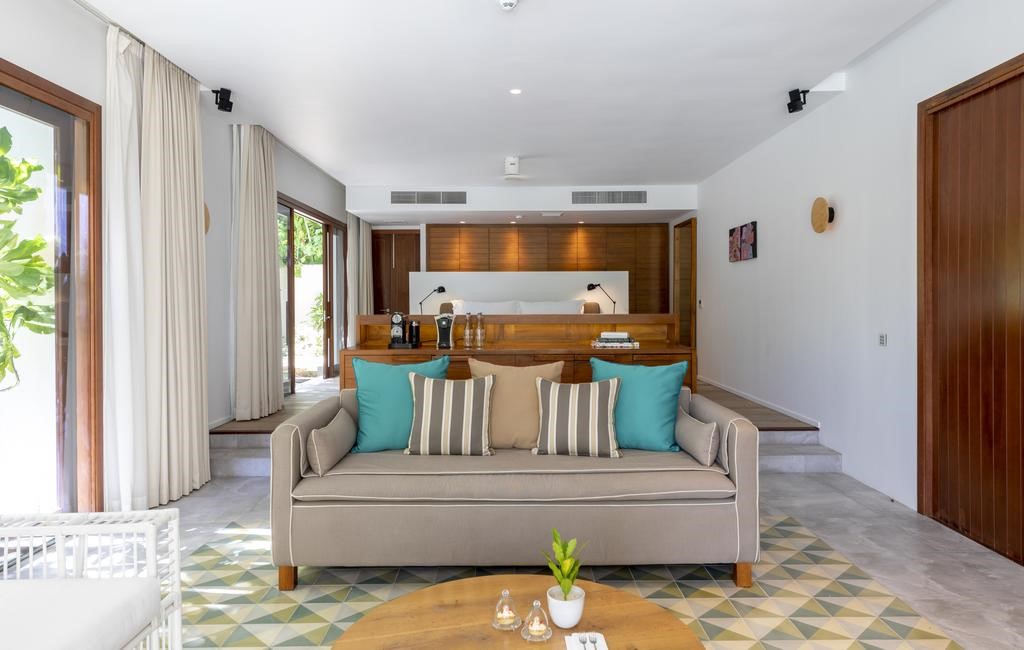
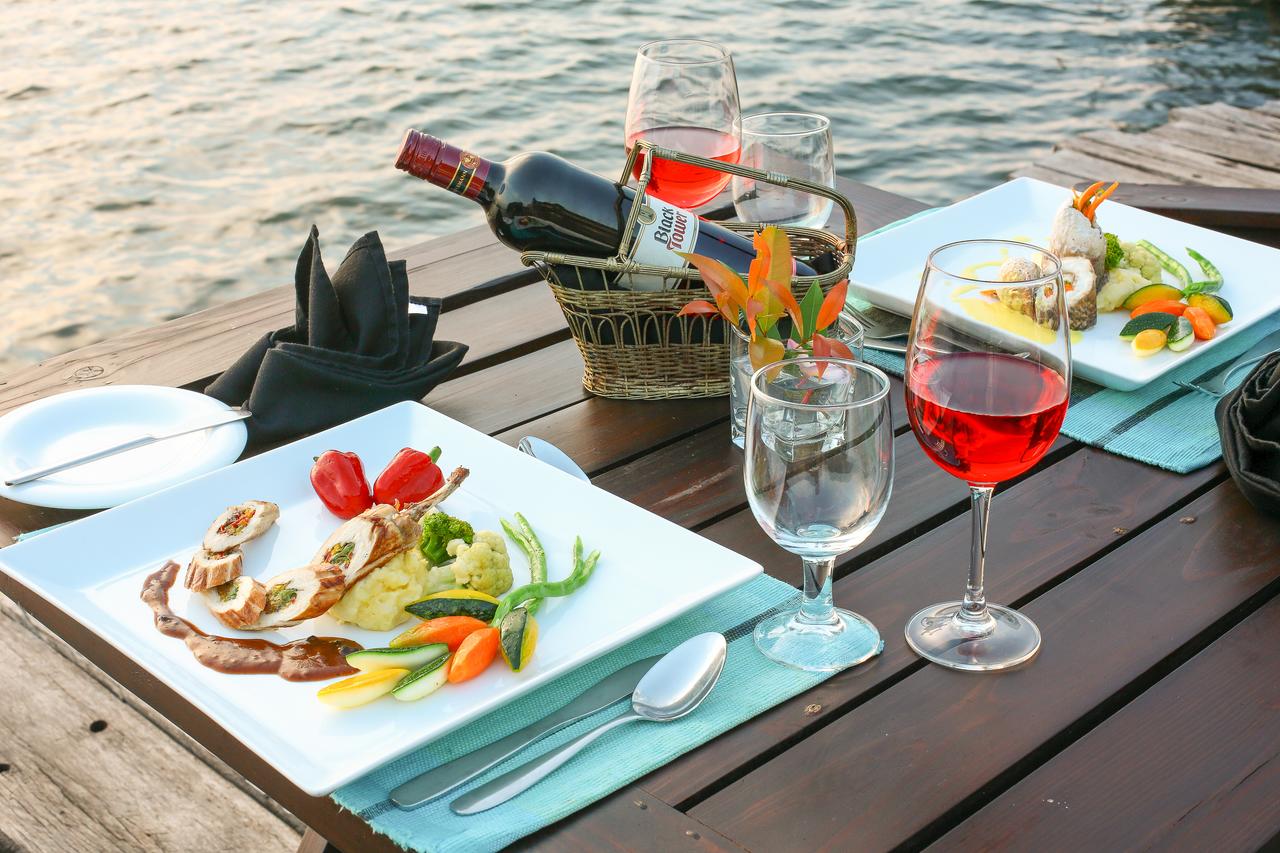
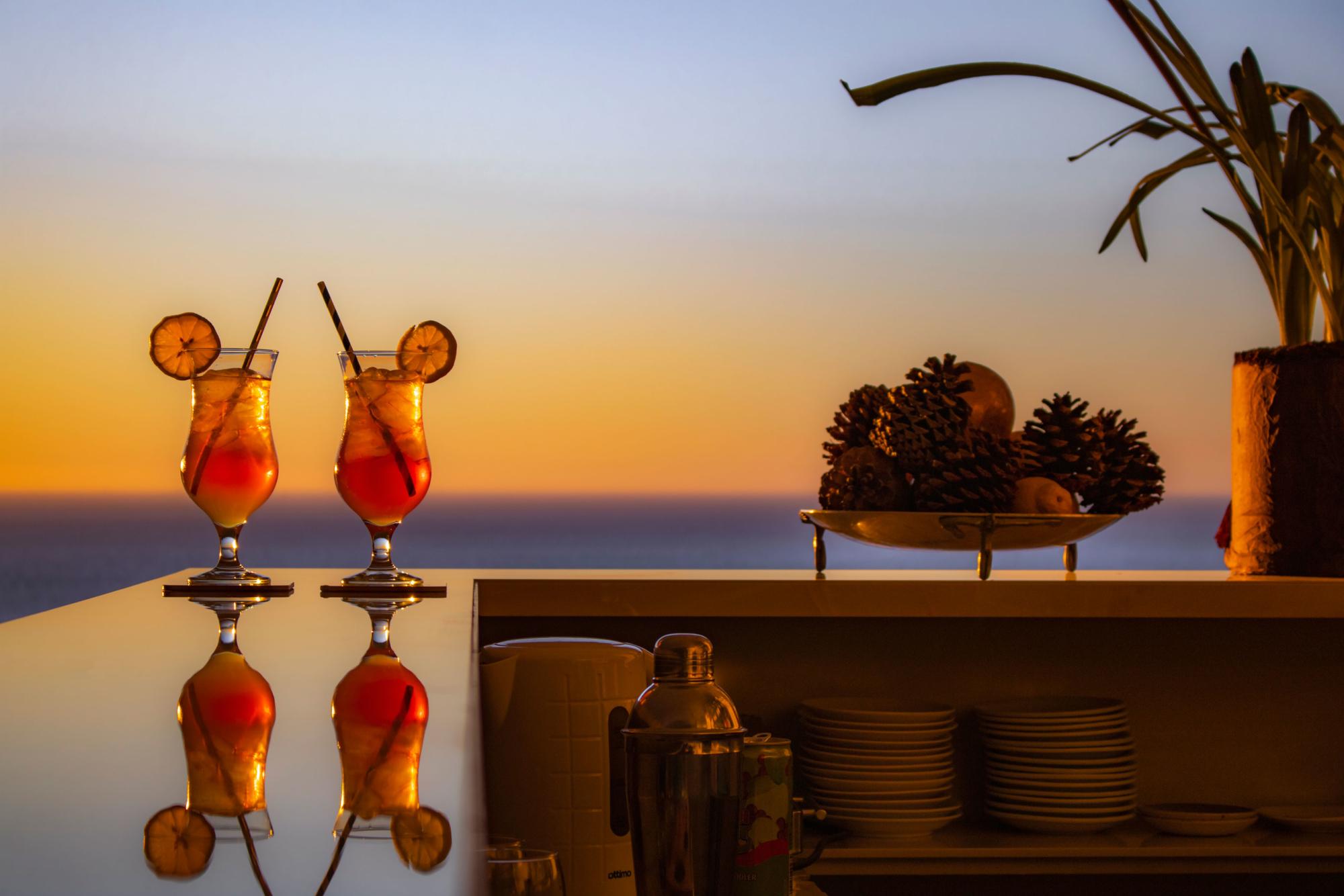
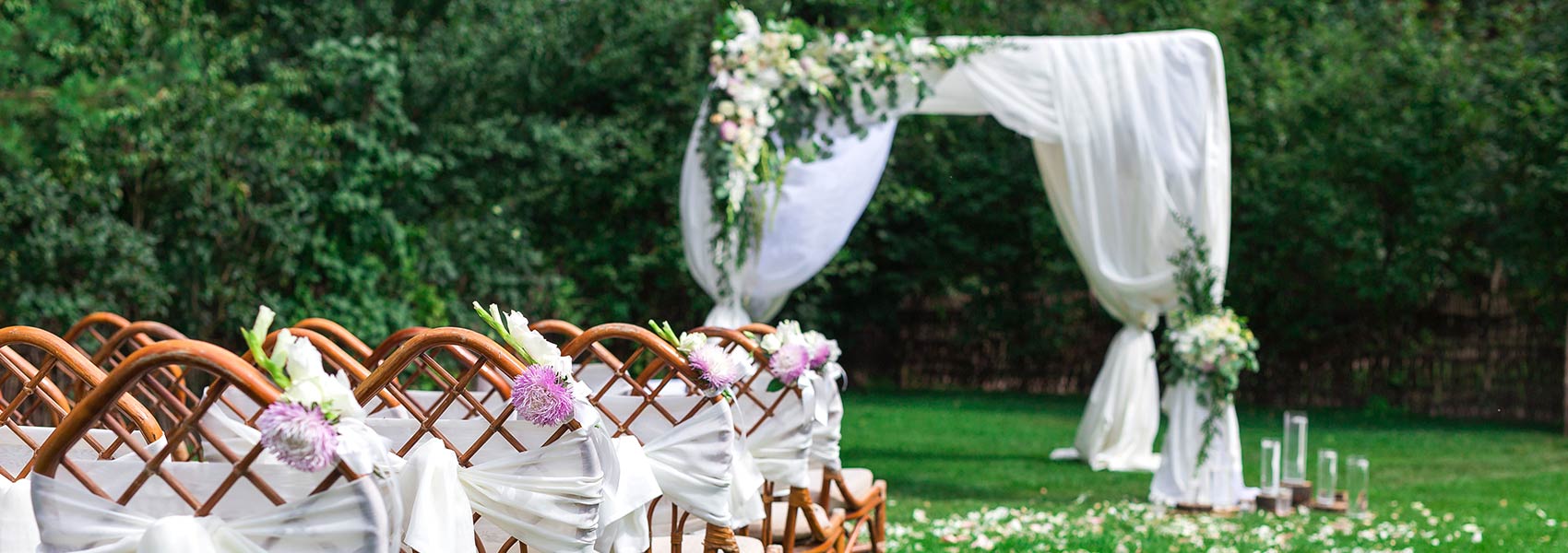

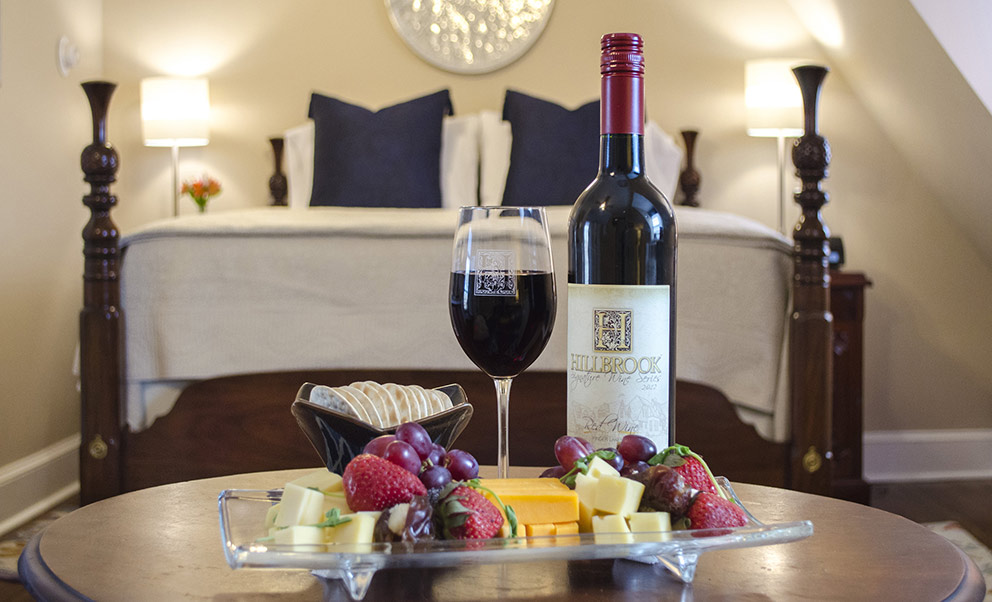

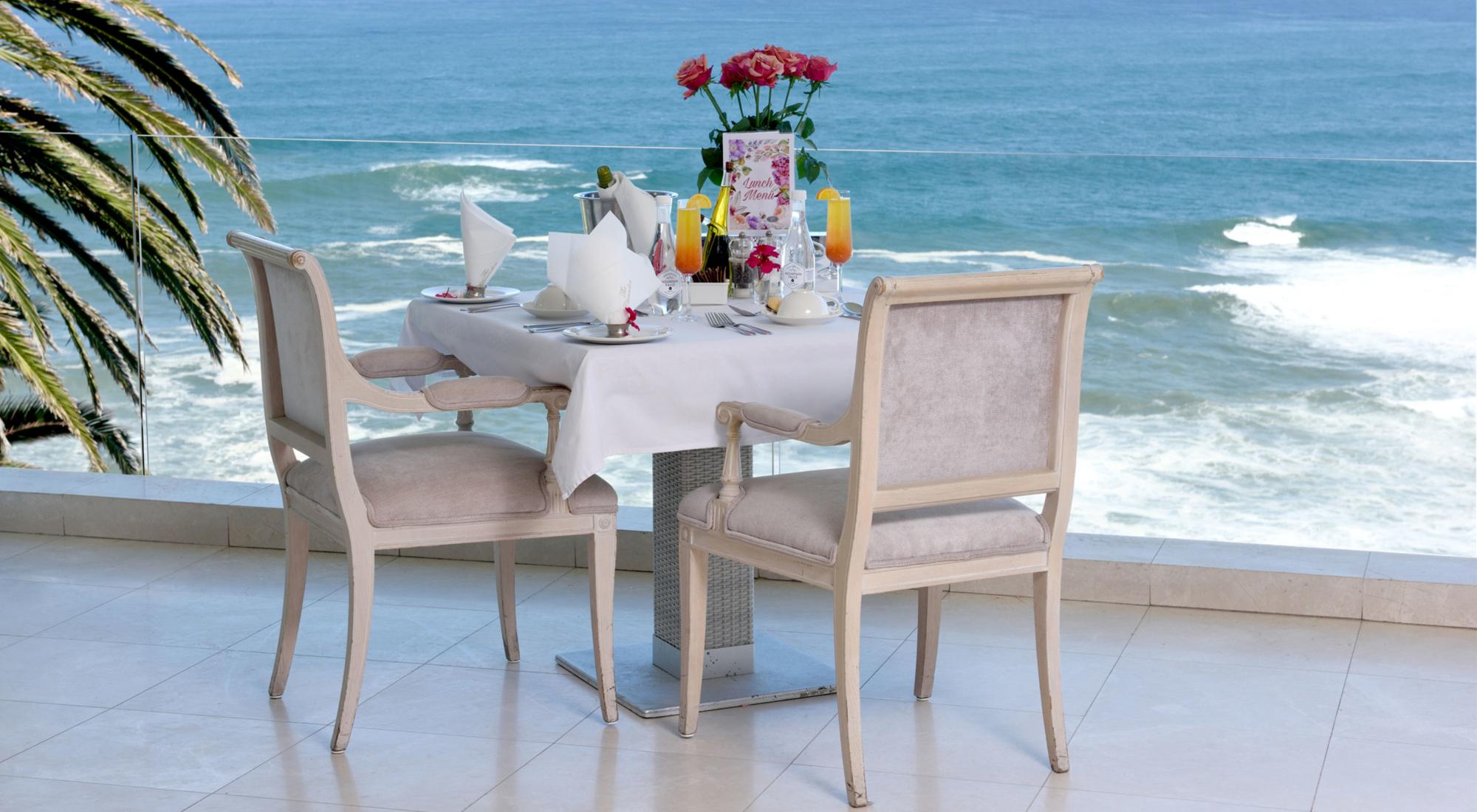


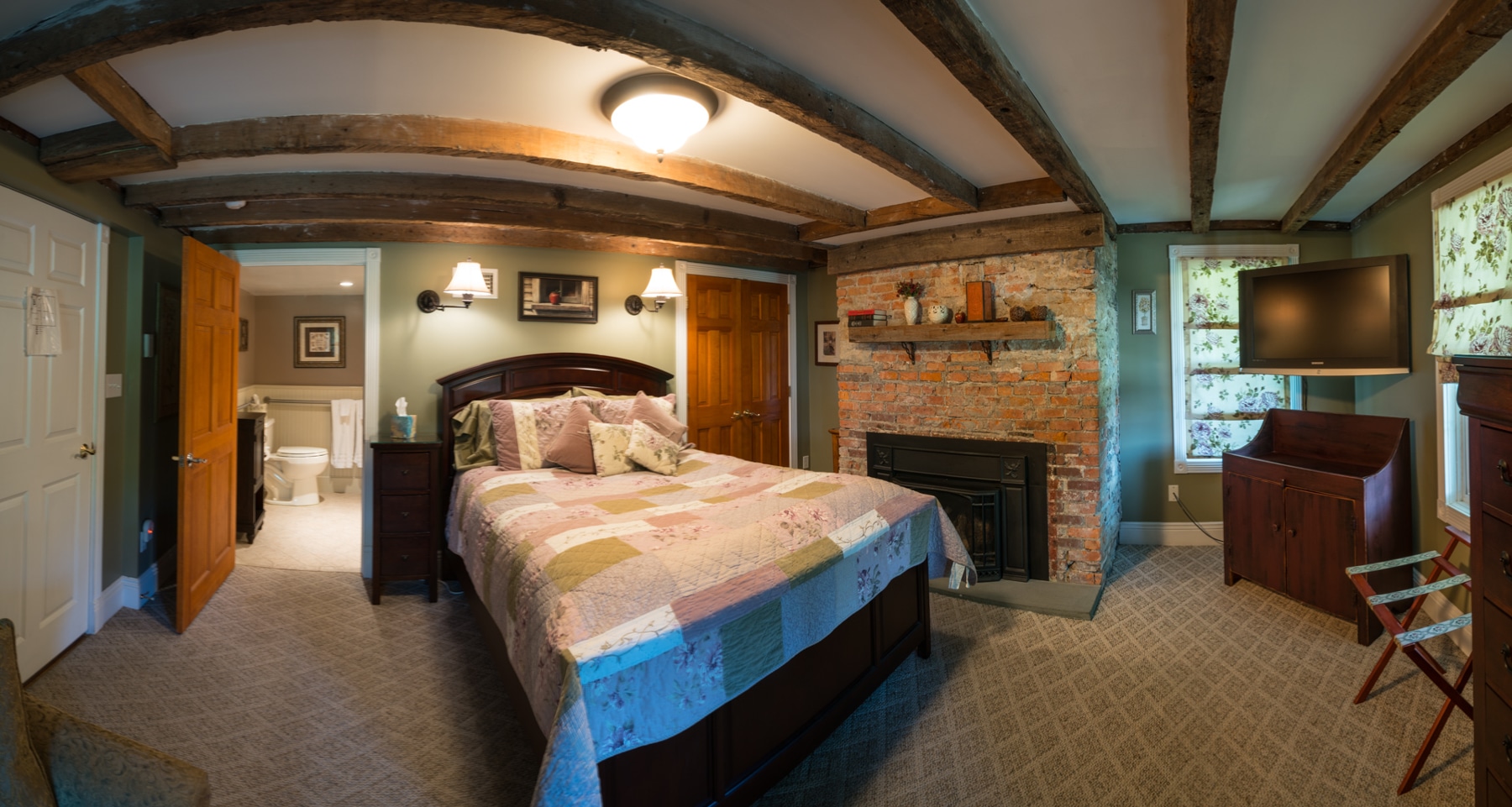
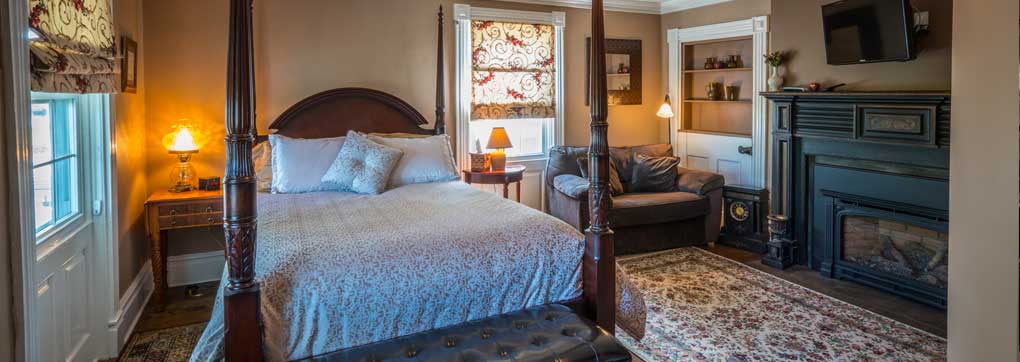
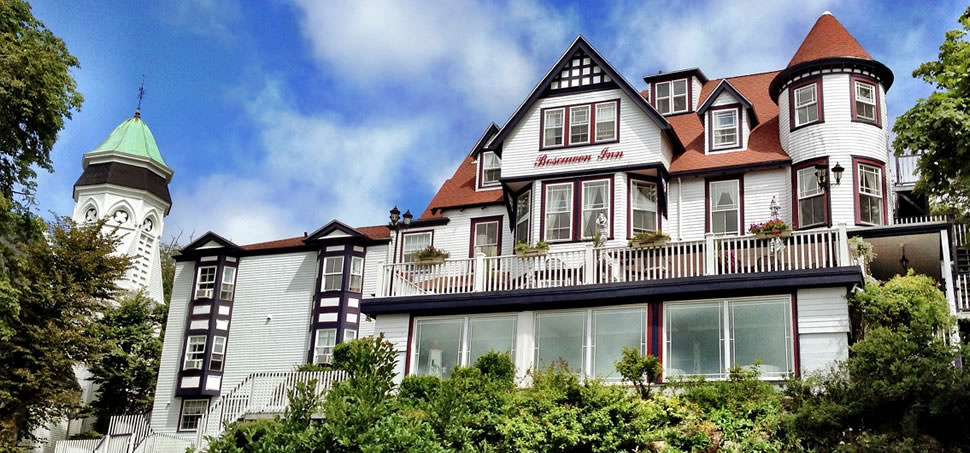
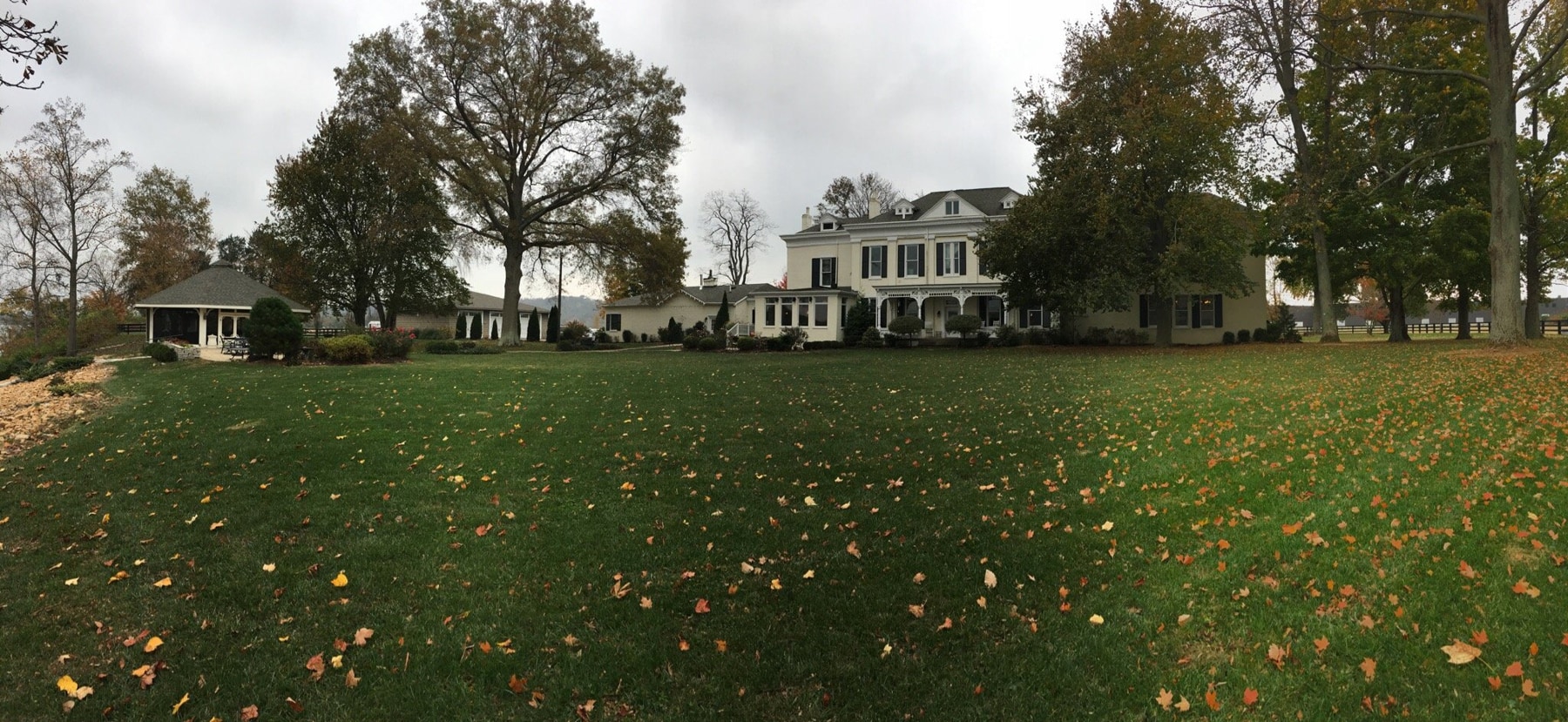

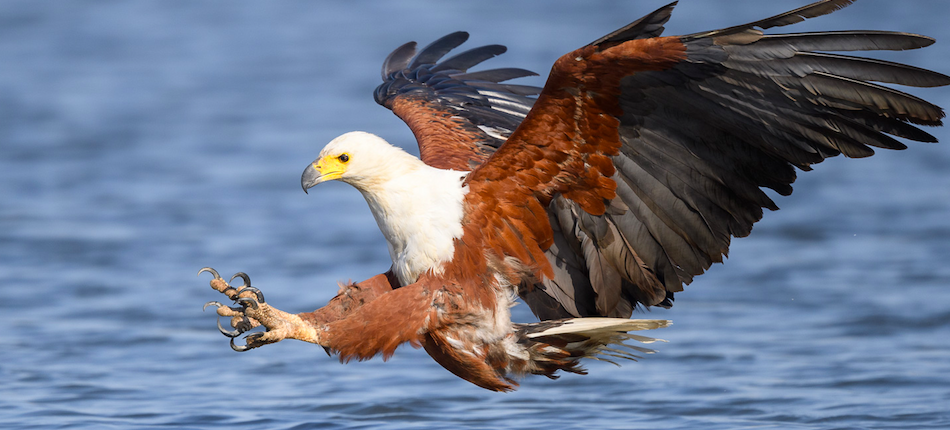
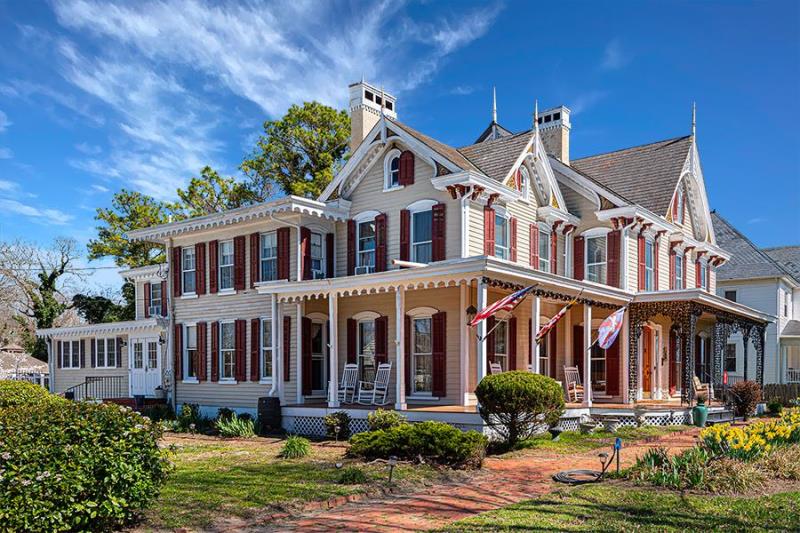
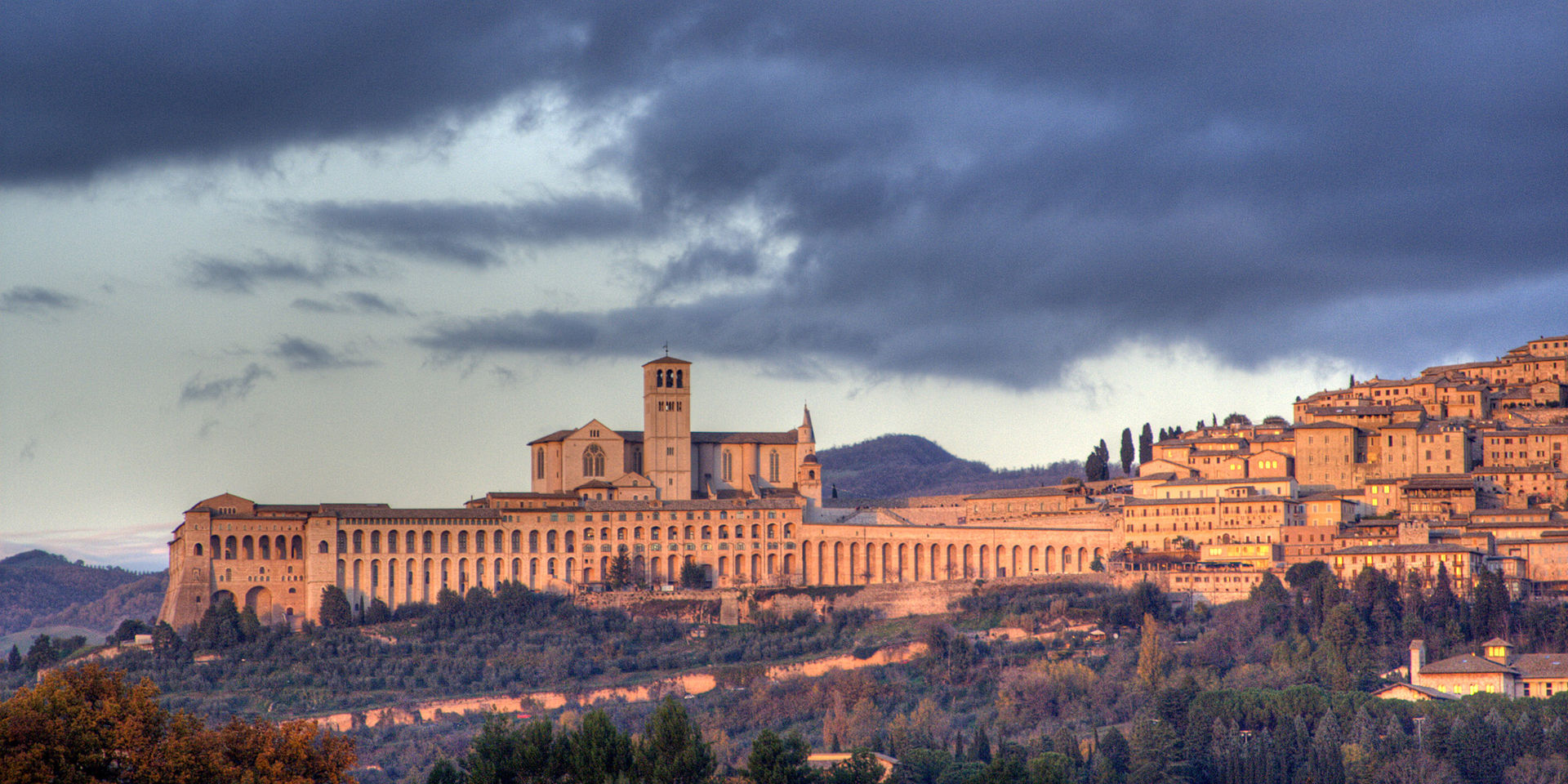
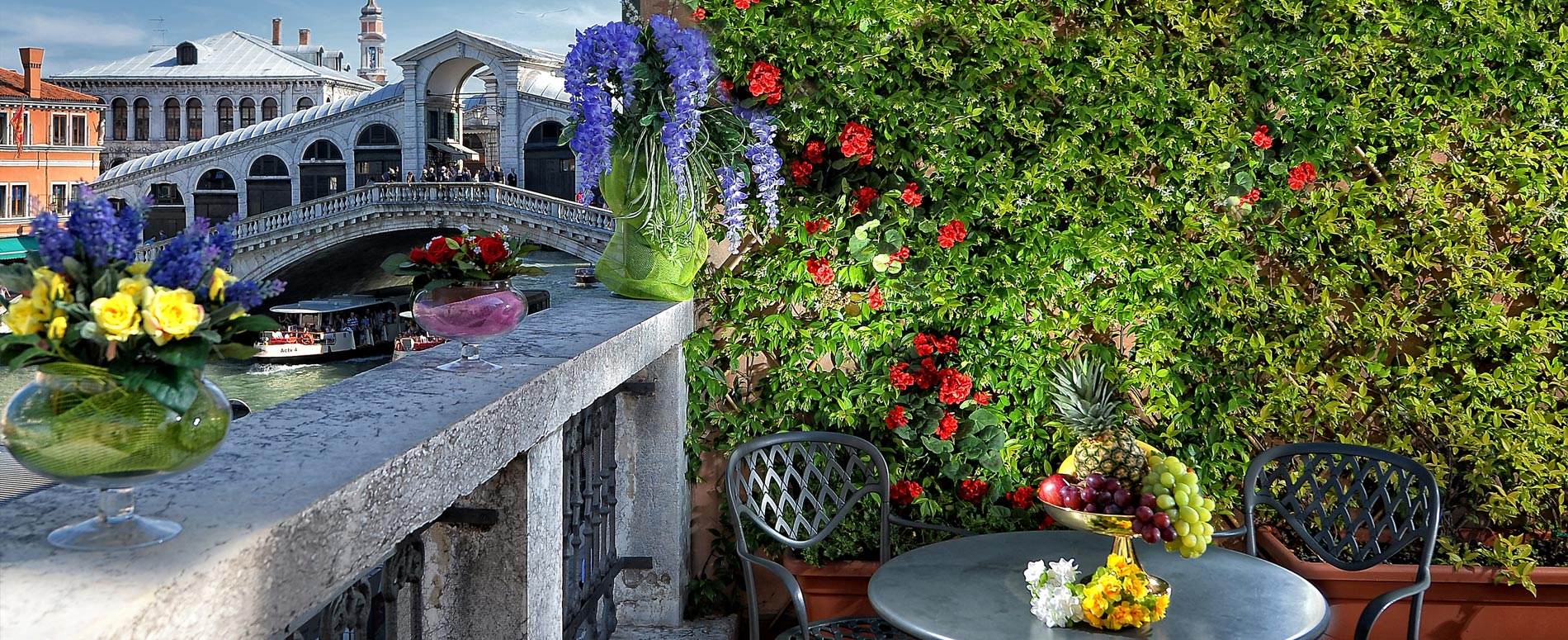
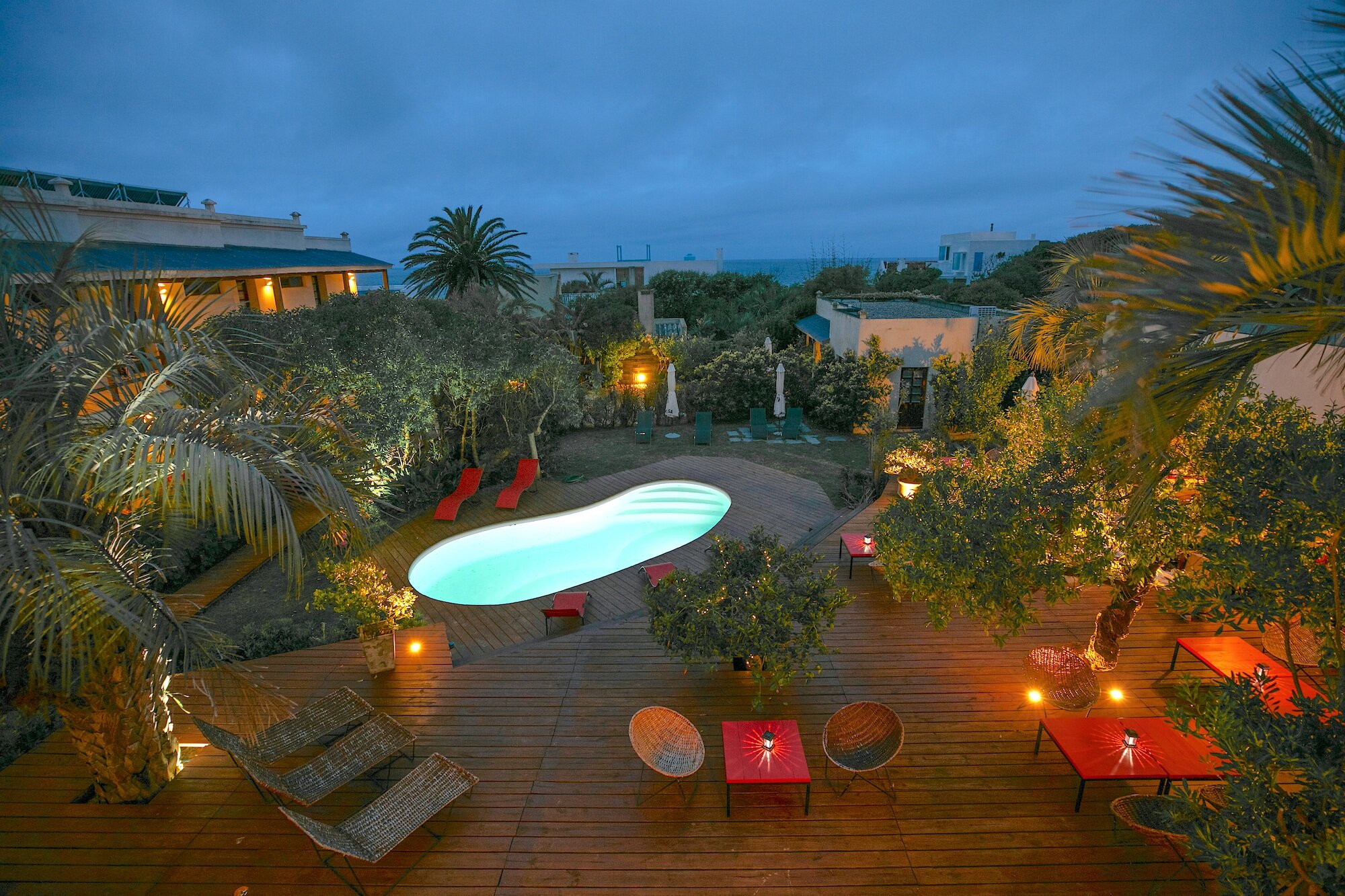
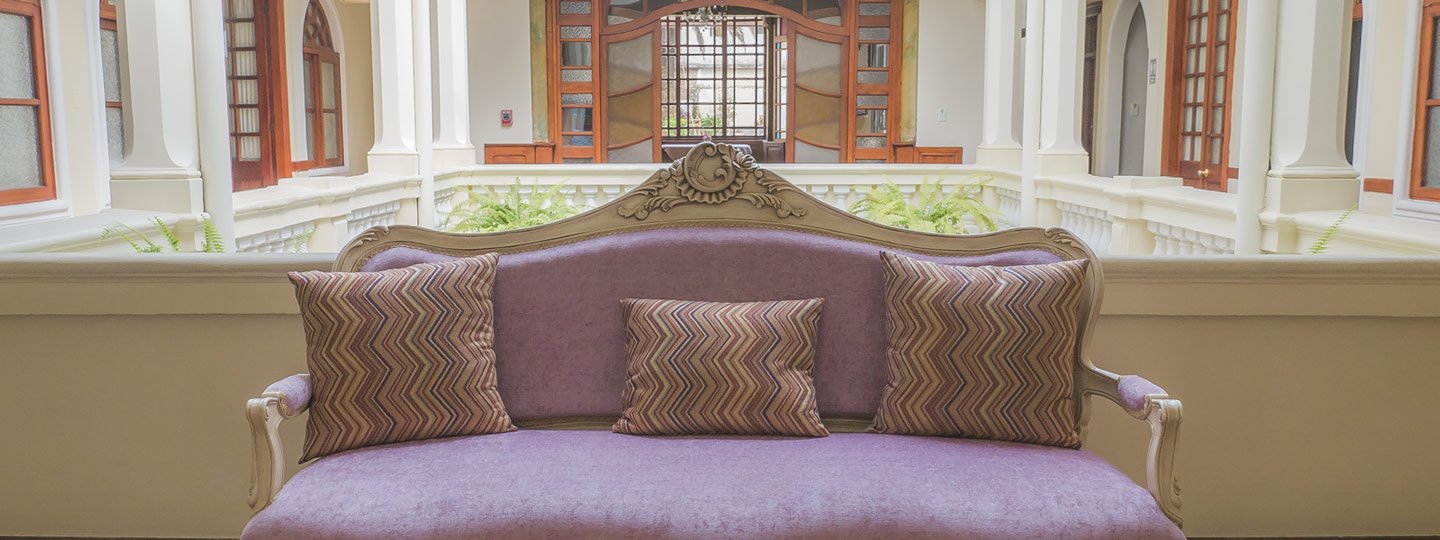
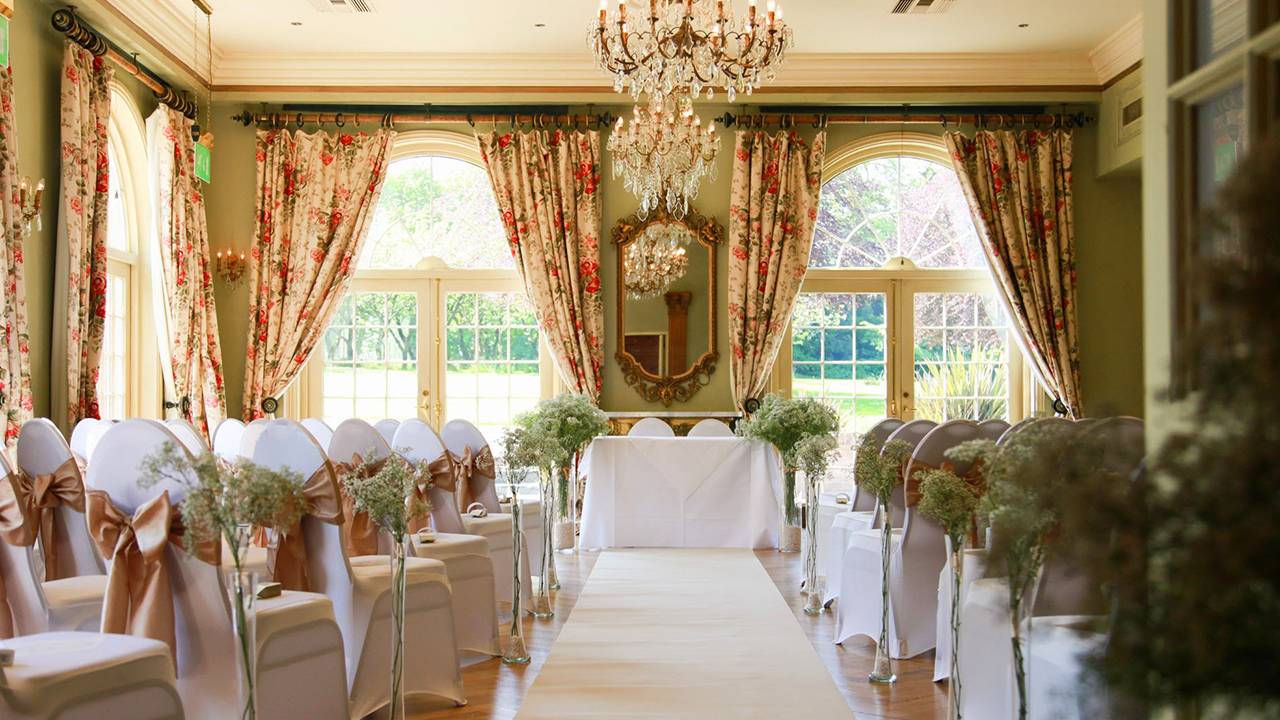
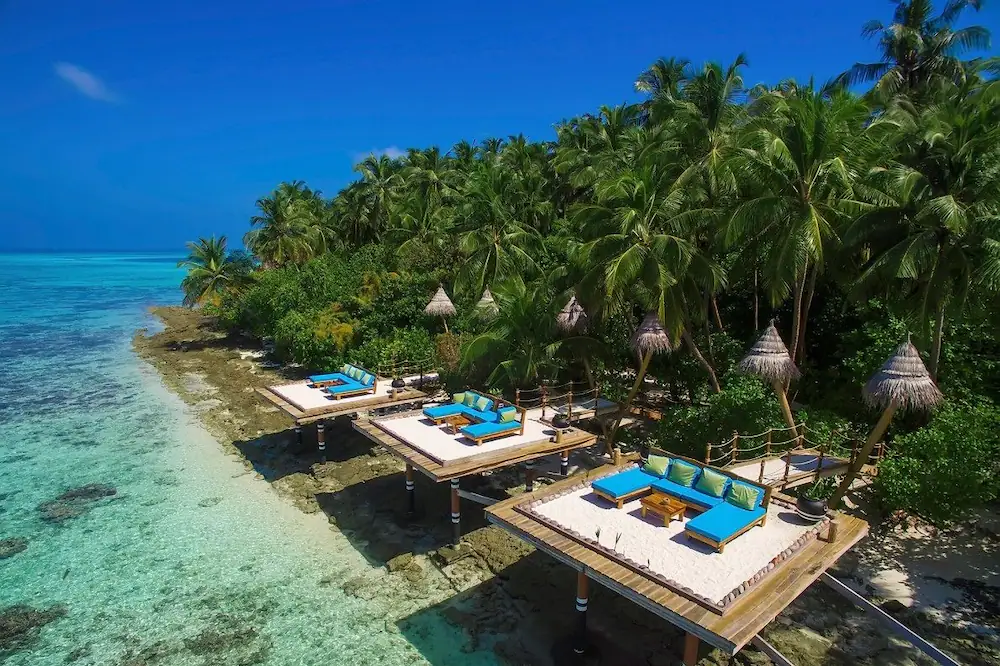
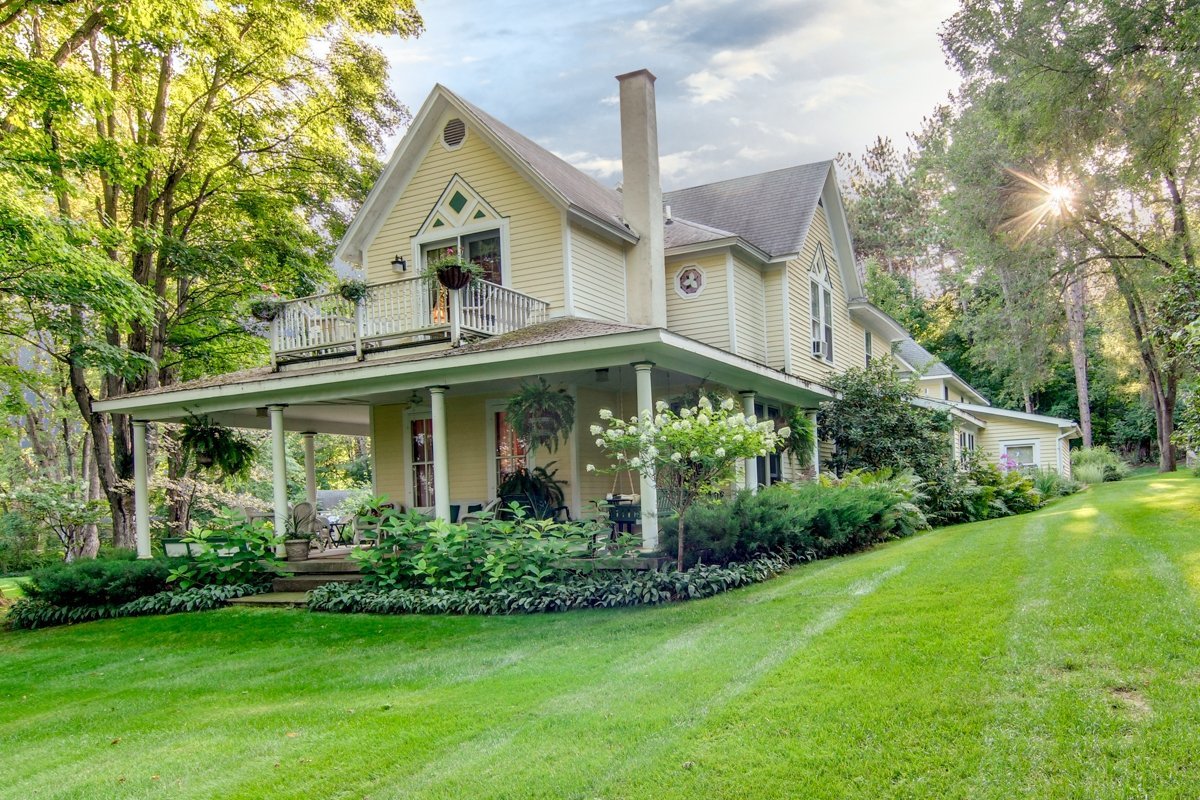
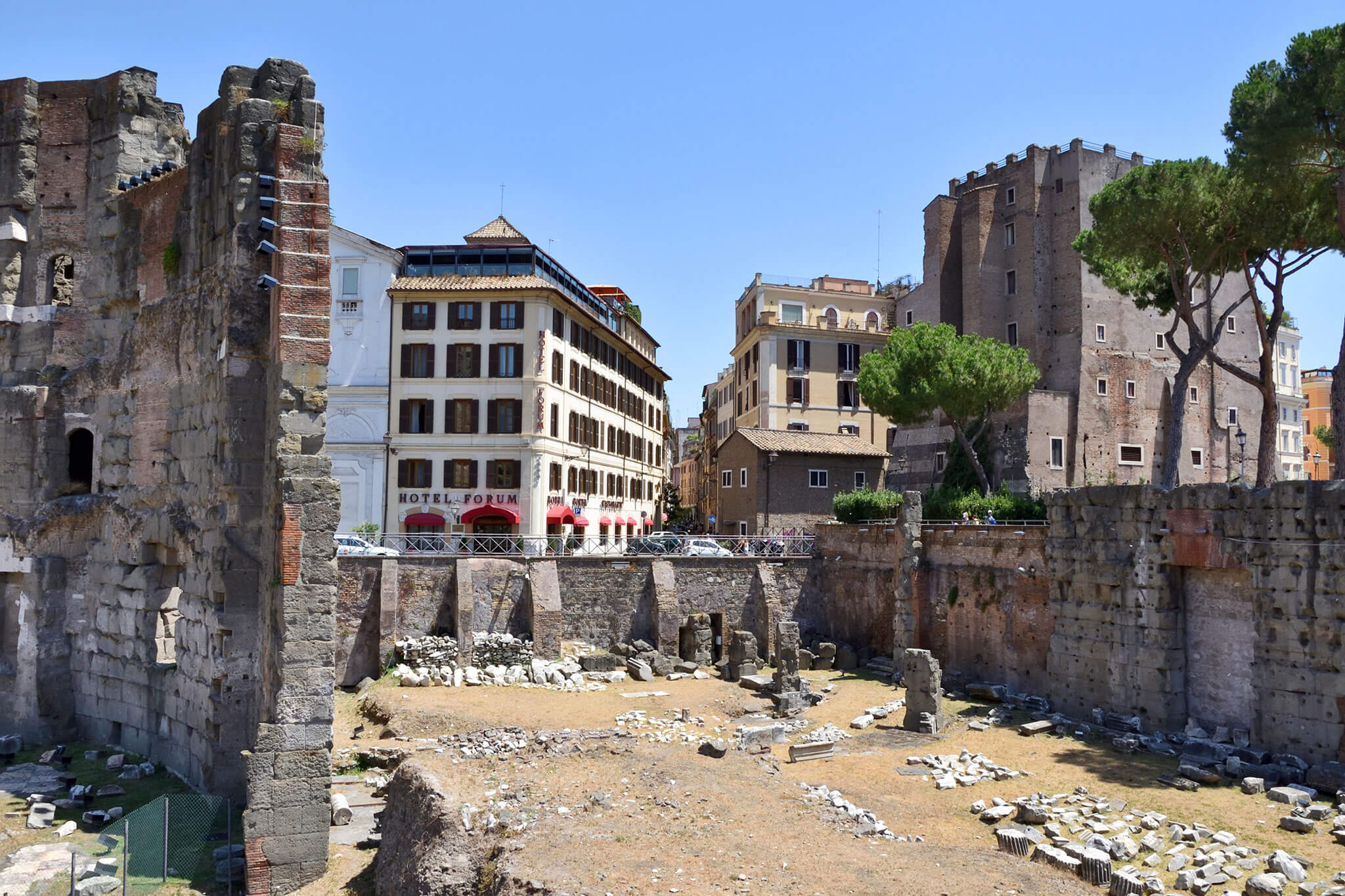
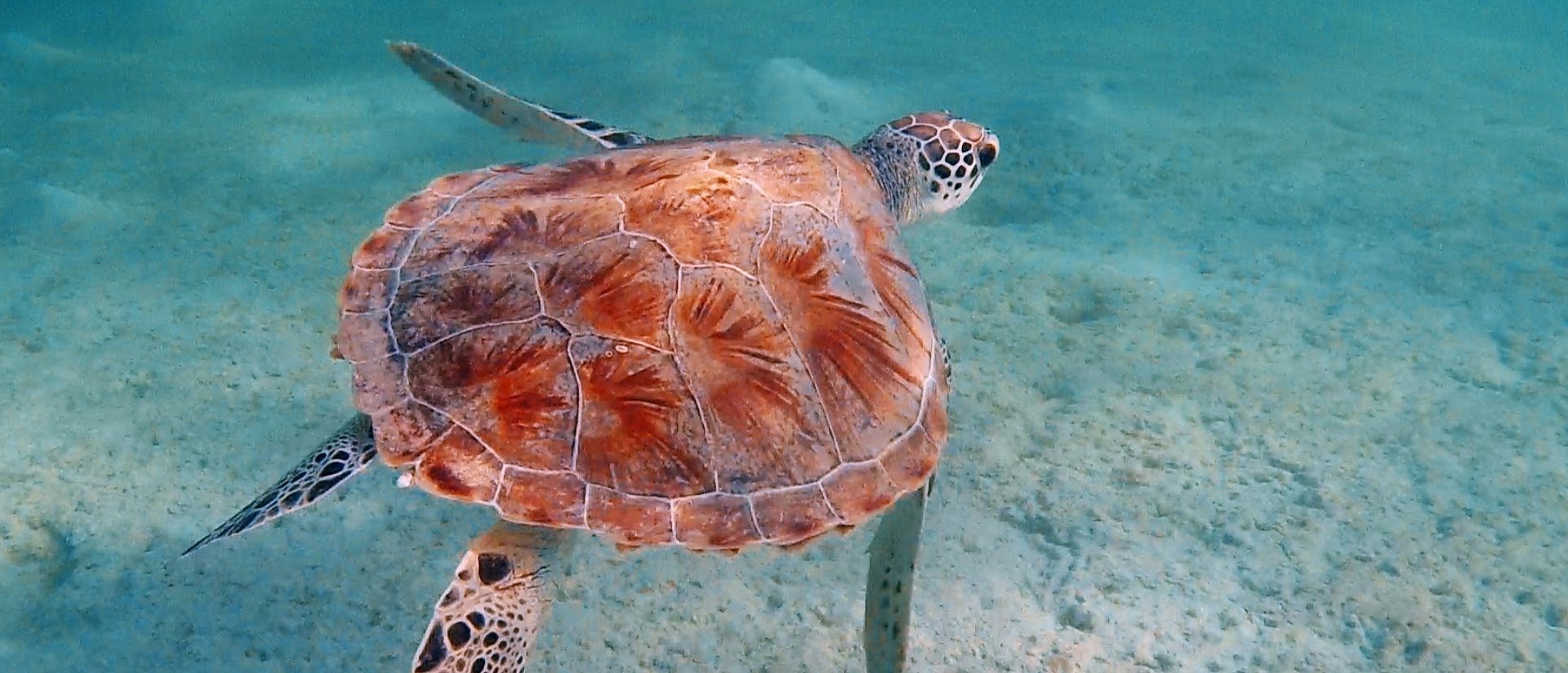
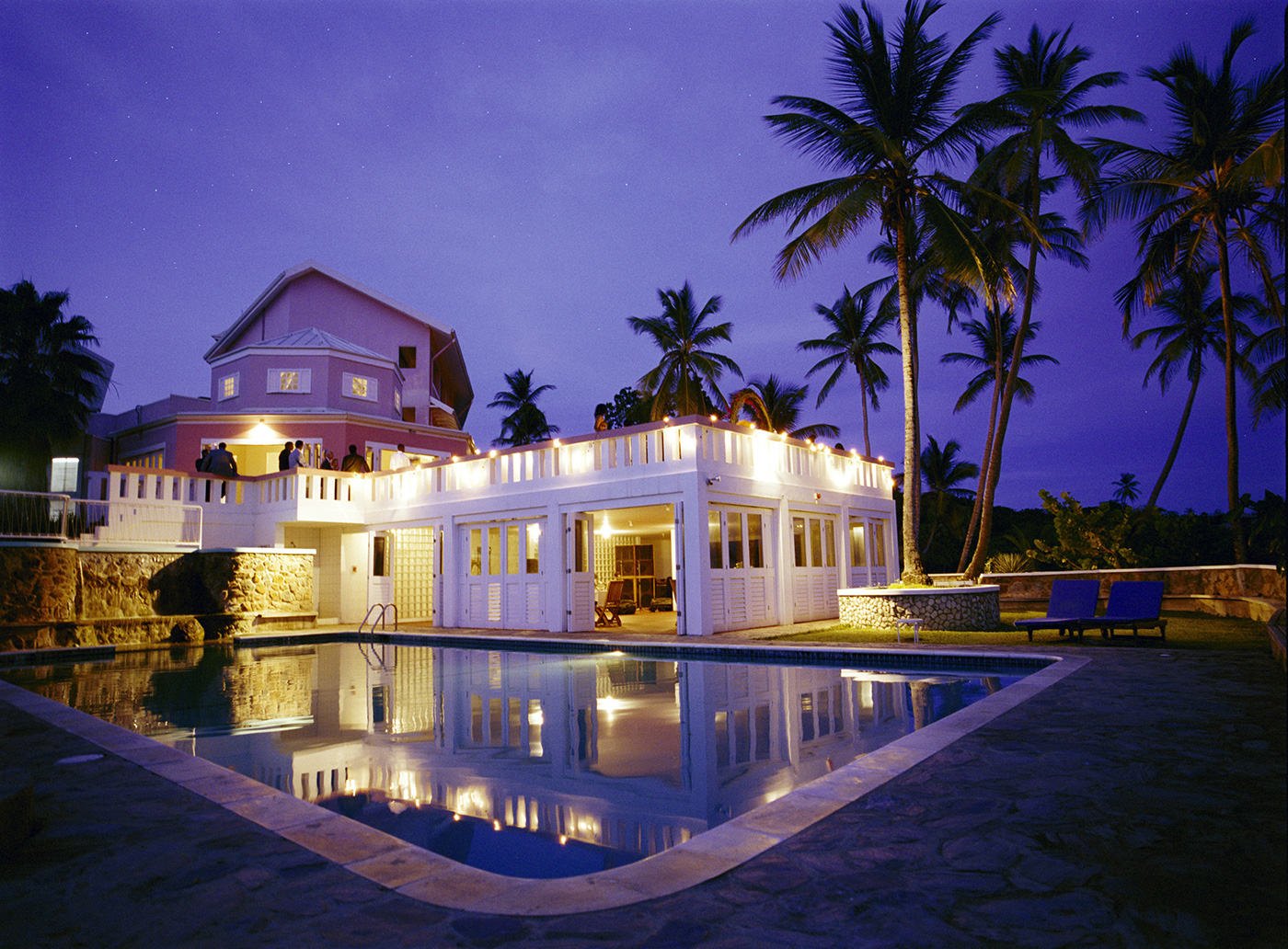
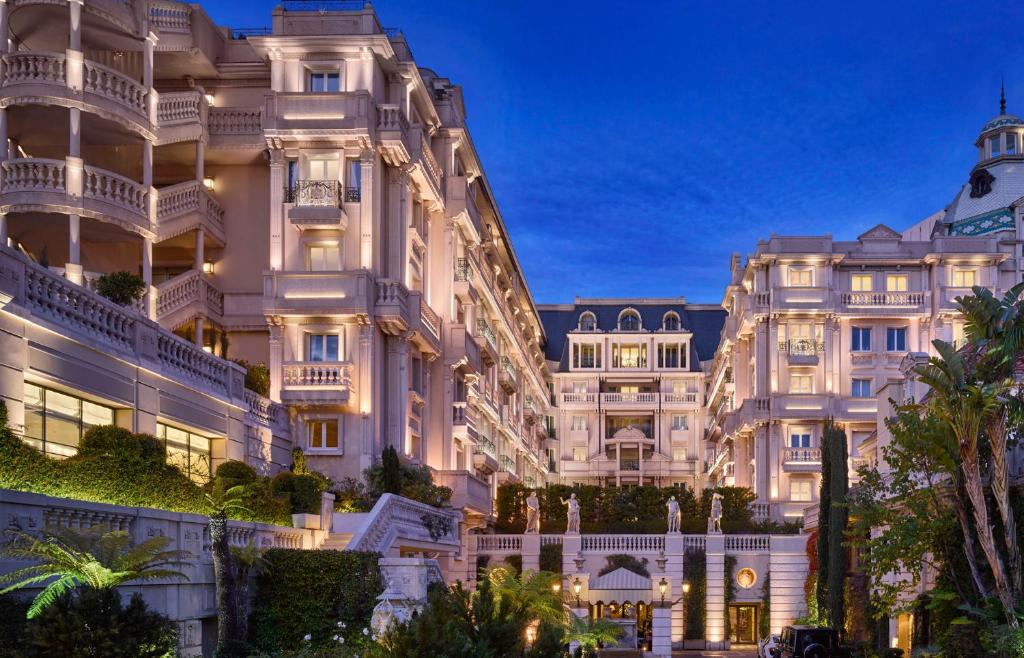
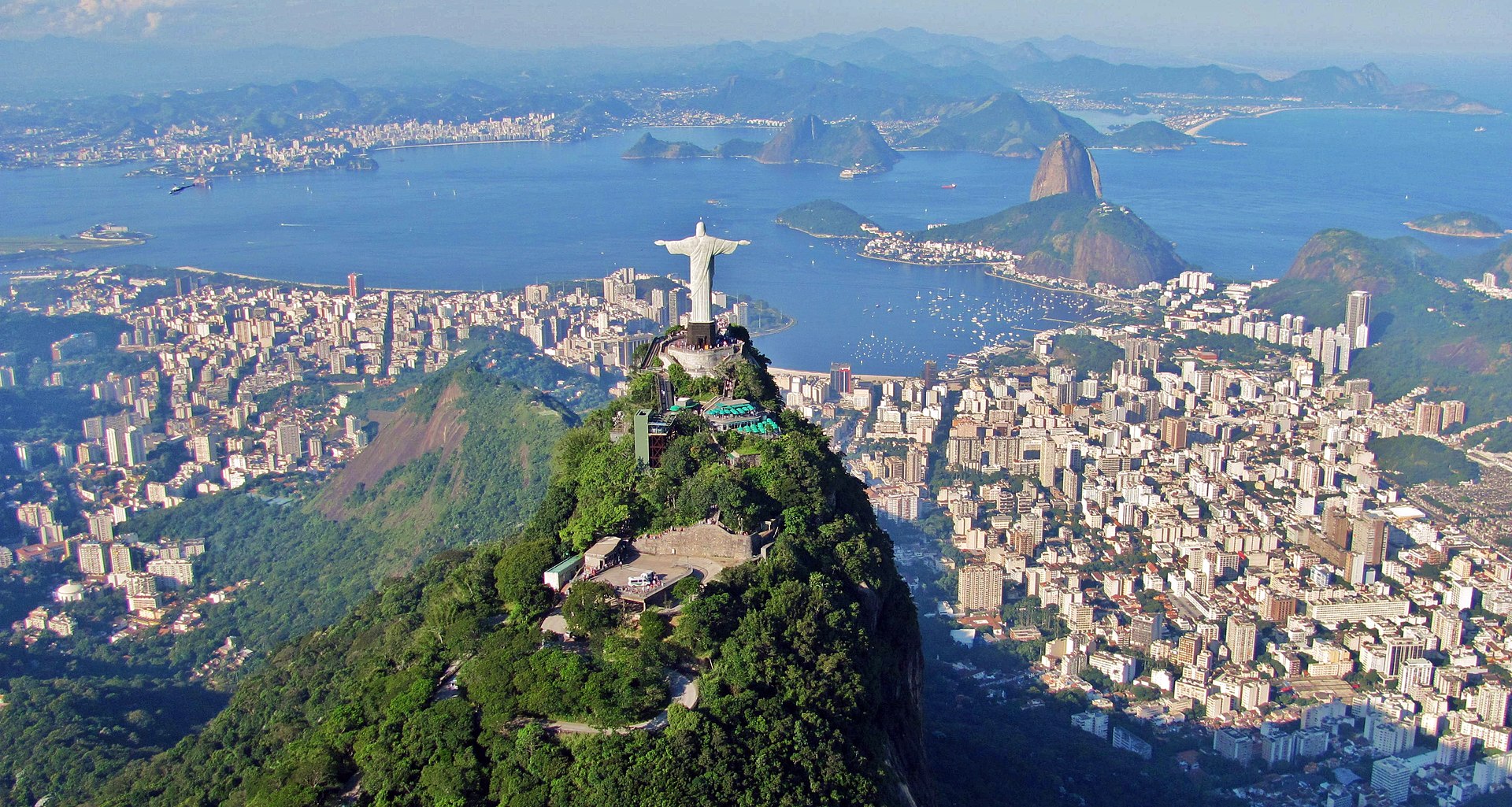
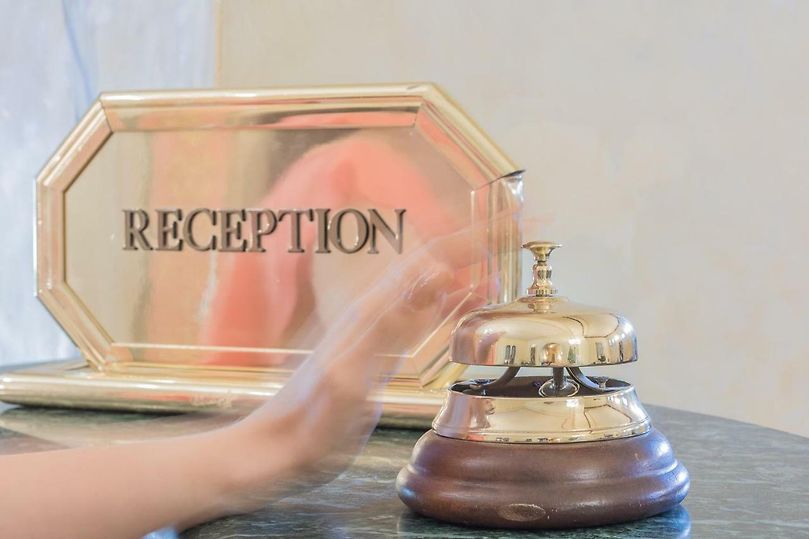
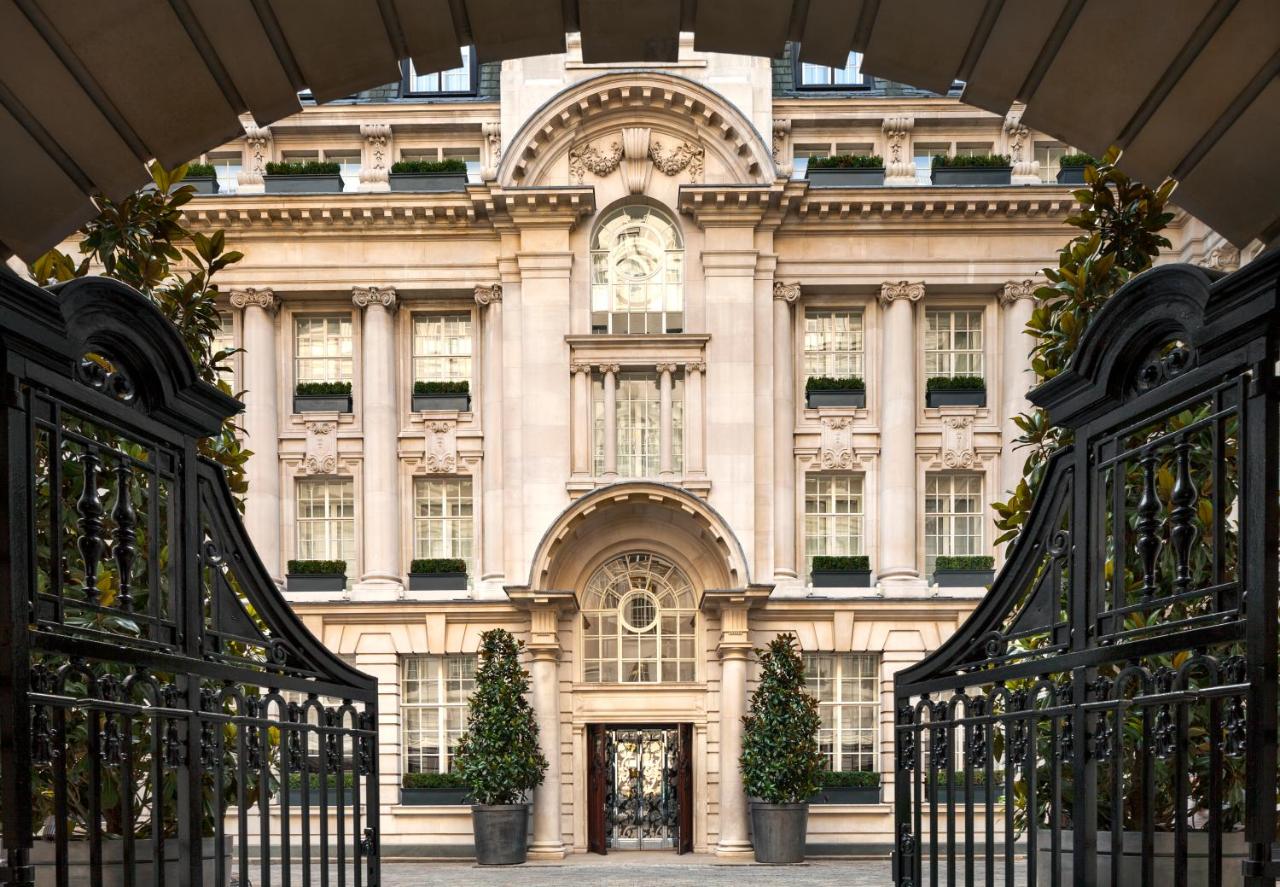
Michamvi Kae, Zanzibar, Tanzania
Agent: Cliff Jacobs - Managing Principal Estate Agent & CEO (Nat.Dpl.Hotel Man (UJ). M.P.R.E.)
Agent Cellphone: +27 (0) 84 413 1071 / +27 (0) 61 716 6951
Agent Office Number: +27 (0) 84 413 1071
Agent Email Address: cliff@exquisitehotelconsultants.com
Type: Beach Resort
Bedrooms: 80
Bathrooms: 80
Showers: 80
Parking: 80
Yield: Not Disclosed
TGCSA Rating:

ZANZIBAR
White beaches with sand that seems talcum powder, crystalline sea and seabed with corals and colourful fishes, palm trees, lush forests and exotic animals, this is Zanzibar, one of the unspoiled paradises in the world. The United Republic of Tanzania includes Zanzibar whose main island Unguja, better known as Zanzibar, is the largest. The island is mostly flat and above sea level but in the central-western part there are some small hills that reach a maximum altitude of 123 m. The Indian Ocean is subject to the natural phenomenon of the tides and offers a fascinating scene when, twice a day, it withdraws for several hundred meters. During low tide, you can admire the original strips of sand called sand-bank, and it is also possible to reach the reef.
Climate
The climate is tropical monsoonal and has a high percentage of humidity. Normally the season of "Big Rains" begins in late March and lasts until the beginning of June. While the "Small Rains" is between November and December and can last until January. The dry season covers the months from December to February and from June to October.
Documents and Visas
You need a passport valid for at least six months from the date of departure and at least two free pages for the stamps. To enter the island, you must be in possession of an entry visa, obtainable at the Zanzibar airport at a cost of $ 50.
Vaccinations
Obligatory vaccination is not required, but it is always good practice to carry the medicines for personal use and the most common medicines, which are difficult to find on the site, such as intestinal disinfectant, antibiotics, insect repellent and sunscreen. If you would like to spend two nights or more on the African continent, returning to Zanzibar you will be required by airport customs a certificate of Yellow Fever.
Language
The official language is Kiswahili, but English is also widespread.
Currency
The local currency is the Tanzanian Shilling (TZS), but Dollars (USD) printed after 2003 are also used. At the reception, the daily change is displayed. We accept Visa and MasterCard credit cards.
Electricity
The current is 230 V and 50 Hz. The sockets have three holes as in the UK and an adapter with flat slats, as the English type, is therefore recommended.
Discovery
Discover the wonderful island of Zanzibar in all its forms, let yourself be surprised by the untouched landscapes and the colors of the local culture. Rely on the experts hands of our partner that with a wide choice of excursions will be able to reveal every secret of this earthly paradise.
Sunset Beaches of Northern & Mud Village
Visit the characteristic mud village and discover Kendwa, one of the most famous beaches of the island, where you will have the opportunity to spend a relaxing afternoon and enjoy the exciting colour of an African sunset. In the afternoon, you will be offered a tropical fruit snack.
Jozani Forest
The Jozani Chwaka Bay National Park is a 50 km2 national park of Tanzania located on the island of Zanzibar. It is the only one in Zanzibar. This half-day excursion will take you to discover the Red Colubus, an endemic species of monkey, with curious redback, typical of Zanzibar and other species of fauna such the Sykes monkey, bushbabies, more than 50 species of butterfly and 40 species of birds. The bay is also proposed to be declared a Ramsar Site and is placed on the Tanzanian Tentative List for World Heritage Sites to recognize its unique natural and cultural assets with due consideration of proposed conservation efforts.
Spice Tour
A half-day surrounded by the fragrances of this wonderful Island: Zanzibar, in the past known as “The island of spices”. Visit to a spice plantation will make you know the origins and savour the aromas: nutmeg, ginger, cinnamon, vanilla, cloves, cardamom, black pepper, coffee, lemongrass and many more. The acknowledge Team will explain to you all the remedies, characteristics and curiosities related to these intense and exotic aromas.
Stone Town
Stone Town is the old part of Zanzibar City, the main city of Zanzibar. It was the former capital of the Zanzibar Sultanate and the flourishing centre of the spice trade as well as the slave trade in the 19th century. When the United Republic of Tanzania was formed, Zanzibar maintained a semi-autonomous status, with Stone Town as the seat of local government. Stone Town is a city of prominent historical and artistic importance in East Africa. Its architecture reflects the diverse influences underlying the Swahili culture, giving a unique mixture of Arab, Persian, Indian and European elements. For this reason, the town was designated as a UNESCO World Heritage Site in 2000.
Prison Island
Changuu Island, Prison or Quarantine Island, is a small island 5.6 km northwest of Stone Town. The island is around 800 m long and 230 m wide. The island saw use as a prison for rebellious slaves in the 1860s and also functioned as a coral mine. The British First Minister of Zanzibar, Lloyd Mathews, purchased the island in 1893 and constructed a prison complex there. No prisoners were ever housed on the island and instead, it became a quarantine station for yellow fever cases. The station was only occupied for around half of the year and the rest of the time it was a popular holiday destination. More recently, the island has become a government-owned tourist resort and houses a collection of endangered Aldabra giant tortoises which were originally a gift from the British governor of Seychelles.
Safari Blu
Spend a wonderful day exploring the Menai Bay Conservation area sailing on board typical local boats, the dhow. We will reach a beautiful sandbank where you can relax, take the sun and snorkel. A succulent local lunch with delicious grilled fish, lobster and shellfish will be offered on the lovely landscape of Kwale Island, surrounded by the scent of the tamarind trees. We will explore the natural swimming pool in the mangrove bay and we will visit the majestic 500 years old baobab tree, the oldest specimen of baobab. Menai Bay is also a marine protected area where, with a little luck, you can spot some nice dolphins.
Dolphin Tour
This half-day excursion will take you to the southern part of Zanzibar. After getting there we take a motorized boat so as to reach the dolphin zone where we can swim and play with the very friendly dolphins.
History of Zanzibar
Pre-1498
The presence of microliths suggests that Zanzibar has been home to humans for at least 20,000 years, which was the beginning of the Later Stone Age.
A Greco-Roman text between the 1st and 3rd centuries, the Periplus of the Erythraean Sea, mentioned the island of Menuthias (Ancient Greek: Μενουθιάς), which is probably Unguja. Zanzibar, like the nearby coast, was settled by Bantu speakers at the outset of the first millennium. Archaeological finds at Fukuchani, on the northwest coast of Zanzibar, indicate a settled agricultural and fishing community from the 6th century at the latest. The considerable amount of daub found indicates timber buildings, and shell beads, bead grinders, and iron slag have been found at the site. There is evidence of limited engagement in long-distance trade: a small amount of imported pottery has been found, less than 1% of total pottery finds, mostly from the Gulf and dated to the 5th to 8th century. The similarity to contemporary sites such as Mkokotoni and Dar es Salaam indicates a unified group of communities that developed into the first center of coastal maritime culture. The coastal towns appear to have been engaged in the Indian Ocean and inland African trade at this early period. Trade rapidly increased in importance and quantity beginning in the mid-8th century and by the close of the 10th century Zanzibar was one of the central Swahili trading towns.
Excavations at nearby Pemba Island, but especially at Shanga in the Lamu Archipelago, provide the clearest picture of architectural development. Houses were originally built with timber (circa 1050) and later in mud with coral walls (circa 1150). The houses were continually rebuilt with more permanent materials. By the 13th century, houses were built with stone and bonded with mud, and the 14th century saw the use of lime to bond stone. Only the wealthier patricians would have had stone and lime-built houses, the strength of the materials allowing for flat roofs, while the majority of the population lived in single-story thatched houses similar to those from the 11th and 12th centuries. According to John Middleton and Mark Horton, the architectural style of these stone houses have no Arab or Persian elements and should be viewed as an entirely indigenous development of local vernacular architecture. While much of Zanzibar Town's architecture was rebuilt during Omani rule, nearby sites elucidate the general development of Swahili, and Zanzibari, architecture before the 15th century.
From the 9th century, Swahili merchants on Zanzibar operated as brokers for long-distance traders from both the hinterland and Indian Ocean world. Persian, Indian, and Arab traders frequented Zanzibar to acquire East African goods like gold, ivory, and ambergris and then shipped them overseas to Asia. Similarly, caravan traders from the African Great Lakes and Zambezian Region came to the coast to trade for imported goods, especially Indian cloth. Before the Portuguese arrival, the southern towns of Unguja Ukuu and Kizimkazi and the northern town of Tumbatu were the dominant centers of exchange. Zanzibar was just one of the many autonomous city-states that dotted the East African littoral. These towns grew in wealth as the Swahili people served as intermediaries and facilitators to merchants and traders.[21] This interaction between Central African and Indian Ocean cultures contributed in part to the evolution of the Swahili culture, which developed an Arabic-script literary tradition. Although a Bantu language, the Swahili language as a consequence today includes some borrowed elements, particularly loanwords from Arabic, though this was mostly a 19th-century phenomenon with the growth of Omani hegemony. Many foreign traders from Africa and Asia married into wealthy patrician families on Zanzibar. Particularly Asian men, who "wintered" on the coast for up to six months because of the prevailing monsoon wind patterns, married East African women. Since most Asian traders were Muslim, their children inherited their paternal ethnic identity, though East African matrilineal traditions remained key.
Portuguese Colonisation
Vasco da Gama's visit in 1498 marked the beginning of European influence. In 1503 or 1504, Zanzibar became part of the Portuguese Empire when Captain Ruy Lourenço Ravasco Marques landed and demanded and received tribute from the sultan, in exchange for peace. Zanzibar remained a possession of Portugal for almost two centuries. It initially became part of the Portuguese province of Arabia and Ethiopia and was administered by a governor-general. Around 1571, Zanzibar became part of the western division of the Portuguese empire and was administered from Mozambique. It appears, however, that the Portuguese did not closely administer Zanzibar. The first English ship to visit Unguja, the Edward Bonaventure in 1591, found that there was no Portuguese fort or garrison. The extent of their occupation was a trade depot where produce was purchased and collected for shipment to Mozambique. "In other respects, the affairs of the island were managed by the local 'king', the predecessor of the Mwinyi Mkuu of Dunga." This hands-off approach ended when Portugal established a fort on Pemba Island around 1635 in response to the Sultan of Mombasa's slaughter of Portuguese residents several years earlier. Portugal had long considered Pemba to be a troublesome launching point for rebellions in Mombasa against Portuguese rule.
The precise origins of the sultans of Unguja are uncertain. However, their capital at Unguja Ukuu is believed to have been an extensive town. Possibly constructed by locals, it was composed mainly of perishable materials.
Sultanate of Zanzibar
The Portuguese arrived in East Africa in 1498, where they found several independent towns on the coast, with Muslim Arabic-speaking elites. While the Portuguese travelers describe them as 'black' they made a clear distinction between the Muslim and non-Muslim populations. Their relations with these leaders were mostly hostile, but during the sixteenth century, they firmly established their power and ruled with the aid of tributary sultans. The Portuguese presence was relatively limited, leaving the administration in the hands of preexisting local leaders and power structures. This system lasted until 1631 when the Sultan of Mombasa massacred the Portuguese inhabitants. For the remainder of their rule, the Portuguese appointed European governors. The strangling of trade and diminished local power led the Swahili elites in Mombasa and Zanzibar to invite Omani aristocrats to assist them in driving the Europeans out.
In 1698, Zanzibar came under the influence of the Sultanate of Oman. There was a brief revolt against Omani rule in 1784. Local elites invited Omani merchant princes to settle on Zanzibar in the first half of the nineteenth century, preferring them to the Portuguese. Many locals today continue to emphasize that indigenous Zanzibaris had invited Seyyid Said, the first Busaidi sultan, to their island, claiming a patron-client relationship with powerful families was a strategy used by many Swahili coast towns since at least the fifteenth century.
In 1832, or 1840 (the date varies among sources), Said bin Sultan, Sultan of Muscat and Oman moved his capital from Muscat, Oman to Stone Town. After Said's death in June 1856, two of his sons, Thuwaini bin Said and Majid bin Said, struggled over the succession. Said's will divided his dominions into two separate principalities, with Thuwaini to become the Sultan of Oman and Majid to become the first Sultan of Zanzibar; the brothers quarreled about the will, which was eventually upheld by Charles Canning, 1st Earl Canning, Great Britain's Viceroy and Governor-General of India.
Until around 1890, the sultans of Zanzibar controlled a substantial portion of the Swahili coast known as Zanj, which included Mombasa and Dar es Salaam. Beginning in 1886, Great Britain and Germany plotted to obtain parts of the Zanzibar sultanate for their own empires. In October 1886, a British-German border commission established the Zanj as a 10-nautical-mile-wide (19 km) strip along most of the African Great Lakes region's coast, an area stretching from Cape Delgado (now in Mozambique) to Kipini (now in Kenya), including Mombasa and Dar es Salaam. Over the next few years, however, almost all of these mainland possessions were lost to European imperial powers.
The sultans developed an economy of trade and cash crops in the Zanzibar Archipelago with a ruling Arab elite. Ivory was a major trade good. The archipelago, sometimes referred to by locals as the Spice Islands, was famous worldwide for its cloves and other spices, and plantations were developed to grow them. The archipelago's commerce gradually fell into the hands of traders from the Indian subcontinent, who Said bin Sultan encouraged to settle on the islands.
During his 14-year reign as sultan, Majid bin Said consolidated his power around the east African slave trade. Malindi in Zanzibar City was the Swahili Coast's main port for the slave trade with the Middle East. In the mid-19th century, as many as 50,000 slaves passed annually through the port. Many were captives of Tippu Tib, a notorious Arab slave trader and ivory merchant. Tib led huge expeditions, some 4,000 strong, into the African interior, where chiefs sold him their villagers for next to nothing. These Tibs used to caravan ivory back to Zanzibar, then sold them in the slave market for large profits. In time Tib became one of the wealthiest men in Zanzibar, the owner of multiple plantations and 10,000 slaves.
One of Majid's brothers, Barghash bin Said, succeeded him and was forced to abolish the slave trade in the Zanzibar Archipelago by the British. He largely developed Unguja's infrastructure. Another brother of Majid, Khalifa bin Said, was the third sultan of Zanzibar and furthered the relationship with the British which led to the archipelago's progress toward abolishing slavery.
British protectorate
The post office in Zanzibar was initially managed by the postal service of British India. Before dedicated Zanzibar stamps could be manufactured, Indian stamps were locally overprinted. This item is from a pre-printed Indian envelope or postcard, overprinted at the offices of the Zanzibar Gazette, which had the only printing press in the territory.
Control of Zanzibar eventually came into the hands of the British Empire; part of the political impetus for this was the 19th-century movement for the abolition of the slave trade. Zanzibar was the centre of the East African slave trade, and in 1822, the British consul in Muscat put pressure on Sultan Said to end the slave trade. The first of a series of anti-slavery treaties with Britain was signed by Said which prohibited slave transport south and east of the Moresby Line, from Cape Delgado in Africa to Diu Head on the coast of India. Said lost the revenue he would have received as duty on all slaves sold, so to make up for this shortfall he encouraged the development of the slave trade in Zanzibar itself. Said came under increasing pressure from the British to abolish slavery, and in 1842 the British government told the Zanzibari ruler it wished to abolish the slave trade to Arabia, Oman, Persia, and the Red Sea.
Ships from the Royal Navy were employed to enforce the anti-slavery treaties by capturing any dhows carrying slaves, but with only four ships patrolling a huge area of sea, the British navy found it hard to enforce the treaties as ships from France, Spain, Portugal, and the United States continued to carry slaves. In 1856, Sultan Majid consolidated his power around the African Great Lakes slave trade, and in 1873 Sir John Kirk informed his successor, Sultan Barghash, that a total blockade of Zanzibar was imminent, and Barghash reluctantly signed the Anglo-Zanzibari treaty which abolished the slave trade in the sultan's territories, closed all slave markets and protected liberated slaves.
The relationship between Britain and the German Empire, at that time the nearest relevant colonial power, was formalized by the 1890 Heligoland-Zanzibar Treaty, in which Germany agreed to "recognize the British protectorate over ... the islands of Zanzibar and Pemba".
In 1890 Zanzibar became a protectorate (not a colony) of Britain. This status meant it continued to be under the sovereignty of the Sultan of Zanzibar. British Prime Minister Salisbury explained his position:
The condition of a protected dependency is more acceptable to the half civilised races, and more suitable for them than direct dominion. It is cheaper, simpler, less wounding to their self-esteem, gives them more career as public officials, and spares of unnecessary contact with white men.
From 1890 to 1913, traditional viziers were in charge; they were supervised by advisors appointed by the Colonial Office. However, in 1913 a switch was made to a system of direct rule through residents (effectively governors) from 1913. The death of the pro-British Sultan Hamad bin Thuwaini on 25 August 1896 and the succession of Sultan Khalid bin Barghash, whom the British did not approve of, led to the Anglo-Zanzibar War. On the morning of 27 August 1896, ships of the Royal Navy destroyed the Beit al Hukum Palace. A cease-fire was declared 38 minutes later, and to this day the bombardment stands as the shortest war in history.
Zanzibar revolution and merger with Tanganyika
On 10 December 1963, the Protectorate that had existed over Zanzibar since 1890 was terminated by the United Kingdom. The United Kingdom did not grant Zanzibar independence, as such, because the UK had never had sovereignty over Zanzibar. Rather, by the Zanzibar Act 1963 of the United Kingdom, the UK ended the Protectorate and made provision for full self-government in Zanzibar as an independent country within the Commonwealth. Upon the Protectorate being abolished, Zanzibar became a constitutional monarchy within the Commonwealth under the Sultan.
However, just a month later, on 12 January 1964, Sultan Jamshid bin Abdullah was deposed during the Zanzibar Revolution. The Sultan fled into exile, and the Sultanate was replaced by the People's Republic of Zanzibar and Pemba, a socialist government led by the Afro-Shirazi Party (ASP). Over 20,000 people were killed and refugees, especially Arabs and Indians, escaped the island as a consequence of the revolution.
In April 1964, the republic merged with mainland Tanganyika. This United Republic of Tanganyika and Zanzibar was soon renamed, blending the two names, as the United Republic of Tanzania, within which Zanzibar remains an autonomous region.
This Resort and Spa is only 65 kilometres from the international airport and the city of Stone Town, in front of a white beach of fine white sand that stretches between the sea and palm trees.
The Resort has 80 existing guest rooms, with another 40 rooms already built but not, as yet, furbished.
Experiences
Join us on your next vacation and let us help you create memories that will last a lifetime! Fill your days with new experiences: immerse yourself in the crystal-clear water of the Indian Ocean, sip a freshly cut coconut, indulge in a massage, dive on the reefs, experience our warm Swahili hospitality: we want to make sure that you have an unforgettable holiday with us.
Honeymoon
What could be more romantic than to spend your honeymoon on a pristine sandy beach on the mystical spice Island of Zanzibar with a mesmerizing view of the Indian Ocean under celestial blue skies?
Taste Experience: Swahili Dinner
Once a week our kitchen brigade will combine flavours and spices of the island and present you the exotic tastes of the traditional Swahili gastronomy during the delicious and typical Zanzibar dinner.
SPA Sensations
Our Spa is a balanced oasis to relax the body and senses: our treatments proposals are based on ancient African traditions with the single aim of reinvigorating body and soul and enlightening the mind.
Excursions
Discover the wonderful island of Zanzibar in all its forms, let yourself be surprised by the untouched landscapes and the colours of the local culture.
Diving
Enjoy the beauty of Mnemba and its coral reef rich in life: it presents fantastic dive sites at remarkable depths and crystal clear waters ideal for underwater photography.
Rooms
Our Resort & SPA has elegant and spacious rooms divided into different types: Garden View, Pool View, Sea View, Sea Front and, Suite Sea Front. All rooms are equipped with air conditioning, ceiling fan, hairdryer, private bathroom, safe, refrigerator, TV, balcony, or patio, and they are surrounded by exotic gardens and palms.
Garden View
Located on the ground and 1st floor, surrounded by tropical flowers and palm groves, close to the tropical pool and main restaurant and bar; can accommodate up to 2 adults.
Approximately 20 - 26 m²
Pool View
Located on the ground and 1st floor, overlook the swimming pool and benefit from an exotic relaxing atmosphere; can accommodate up to 3 adults.
Approximately 20 - 26 m²
Sea View & Seafront
Located on the ground and 1st floor, overlook the sea and benefit from an exotic relaxing atmosphere; can accommodate up to 3 adults.
Approximately 20 - 26 m²
Family Suite
Approximately 52 m²
Family Suites are the perfect solution for families with children and group travelers. Situated in beach-pool area, 1st floor, includes 2 spacious connecting rooms, balconies overlooking the tropical garden.
Suite Seafront
Let our Suite Sea Front be your private seafront hideaway in the heart of Michamvi Beach every day. Experience unforgettable breathtaking sunsets directly from your room to make your stay in Zanzibar more special. Our 4 suites, ground and 1st floor, have a privileged position with a breathtaking view of the white sand beach of Chwaka Bay: this will give an extra touch for a romantic atmosphere or for your unforgettable honeymoon or anniversary.
The four Suites, spacious, comfortable and ideal for long stays, are located on the ground or 1st floor and consists of a double bedroom, 1 living area with sofa also available for two extra single beds, 2 bathrooms, a dressing room, two balconies or patio with beach area access.
Approximately 52 m²
Gastronomy
Main Restaurant
The Main Restaurant, with buffet service, is famous for its typical Mediterranean cuisine, combined with typical flavours and spices of Zanzibar island. One time a week we offer our guests the Swahili delicious and typical Zanzibar dinner. To complete the culinary experience vegetarian dishes, a good selection of seafood and meat are always available in the buffet.
Main Bar
The main bar, close to the restaurant, is available for the guests from the morning till the evening: to spend relaxing moments enjoying the "sweet laziness" of the location. Don’t miss the opportunity to familiarize yourself with our selection of local and international blends.
Restaurant & Bar "La Baia"
In the centre of the resort, in front of the lavish beach, 'La Baia' Restaurant & Bar proposes a wide choice of fast foods that can be tasted while admiring the beautiful view of Chwaka Bay: deep blue waters will let you know you are in Paradise.
Beach and Swimming Pool
Two swimming pools for relaxing and enjoyment of our guests are equipped with umbrellas and typical Zanzibar chaise lounges. While reading a book, enjoying nature and the wonderful Chawka Bay, relax in our beach pool and experience all the charm of the pristine Michamvi waters: the relaxation you have always dreamt of is here!
The beach of our Resort & Spa is directly located in the wild powder-white Bay of Chawka, lined with palm trees, renowned for its idyllic turquoise waters, crystal clear ones and soft candid sand. Equipped with sunbeds and umbrellas that are typical of Zanzibar and free of charge. Beach towels are provided to guests on payment of a deposit which is refunded after returning the towels.
Free Time
Sports
If you don’t want to interrupt your physical activity during your stay, Zanzibar offers many opportunities for to meet the needs of all those guests who want to put wellness and body care together with psychophysical wellbeing. Fill your days with refreshing water sports, dive on the reefs; enjoy a beach volley tournament in our sports corner.
Entertainment
There is an entertainment team composed of local entertainers offering daily animation and night activities.
Excursions Centre
The Excursion centre is open every day at set times and it will allow you to book the best tours of the island: you will discover the best things to do in Zanzibar, explore its picture-perfect sand and sea; seize the unique chance to see how people live on the island and what nature has to offer. Do not miss the opportunity to taste all the flavours of Zanzibar with the famous Spice Tour, or to discover the culture and local folklore visiting Stone Town. Enjoy the beauty of Jozani Chwaka Bay National Park with its flora and fauna: you will have the chance to spot the Red Colubus, an endemic species of monkey with curious red back typical of Zanzibar.
Spa Services
Our Spa services are available to relax the body and senses. Our guests can get pampered by a range of specific massage proposals, performed by our skillful, experienced masseuses. Among the various treatments, you can try aromatherapeutic massage, lymphatic drainage massage, focus massage (neck, shoulder and back) and deep tissue. The spa services offer particularly advantageous packages that are specially designed to suit the needs of guests. Discover our spa services by asking our Hotel staff during your stay in our stunning location.
Hotel Amenities
Free Wifi
Visa – Mastercard
First Aid’s doctor on request
Buffet Restaurant
Excursion desk
Shuttle service from or to the airport
A special tailor-made event upon request
24/h front desk support
Parking
Safari
To live the unforgettable experience of the safari, we must move from Zanzibar to near Tanzania, where the game drive is the main tourist activity in the country. Reaching Tanzania means taking advantage of full immersion in nature: it is a journey of adventure and respect for the precious environmental richness that needs to be safeguarded.
It is well known that Tanzania has beautiful nature reserves rich in wildlife that should be visited once in life. We offer a safari for the main National Parks with a standard program or customized as per your needs. You will be accommodated in a very comfortable tented camp inside the parks or lodge, according to the destination, surrounded by nature and wildlife, if you are lucky you can find some elephant eating near your tent or you can meet antelope running on the pathway. You can taste very special local food served under the stars and you can experience the uncontaminated life. Selous, Serengeti, Ngoro Ngoro and more; join us to explore the different forms of wildlife and landscapes of Tanzania and meet some of their most fascinating inhabitants.





































































Cliff Jacobs (Nat Dpl Hotel Man (UJ). MPRE. GA Level 5 TEFL) Managing Principal / CEO Exquisite Hotel Consultants (Pty) Ltd Mobile: +27 (0) 84 413 1071 / +27 (0) 61 716 6951 Email: cliff@exquisitehotelconsultants.com Web: https://www.exquisitehotelconsultants.com © All rights reserved Terms and Conditions apply Scroll down to view our Hospitality Properties and Businesses for sale or lease or lease-to-buy or partnership arrangement or management agreement arrangement.